In the days leading up to the 18th NAZC 2024we will announce sessions and speakers as they get finalized. Please visit this page often to see the latest updates.
Day 1: Sunday December 29, 2024
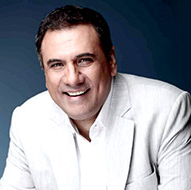
Boman Irani
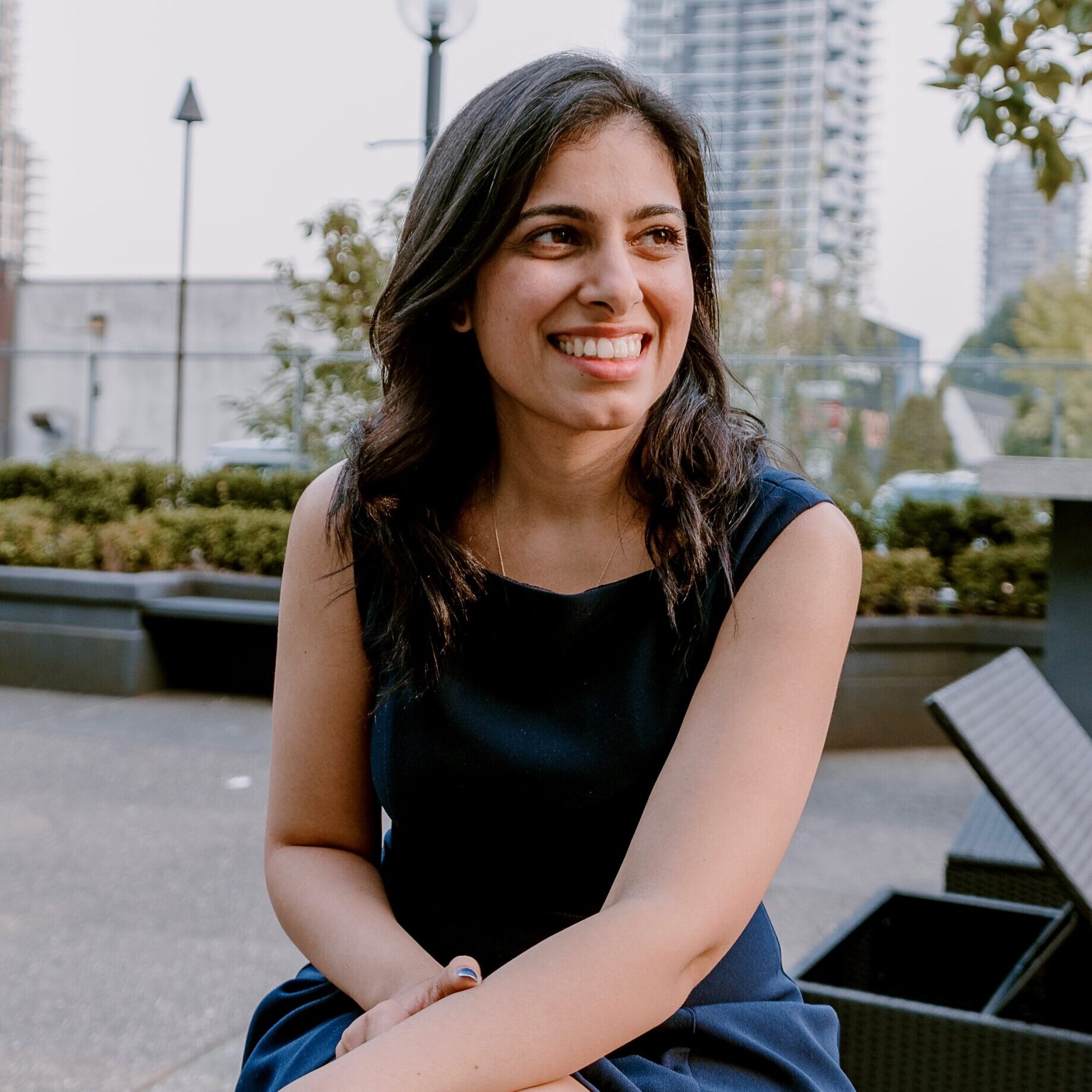
Sanaya Master
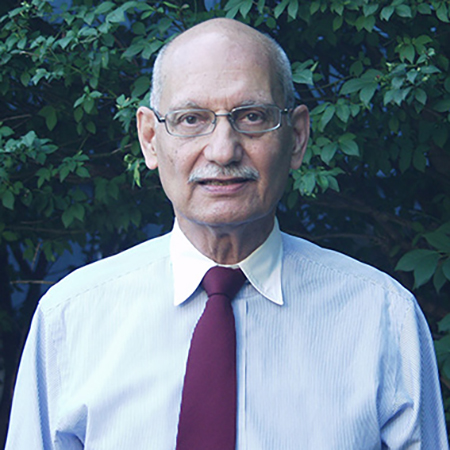
Dr. Keki Dadachanji
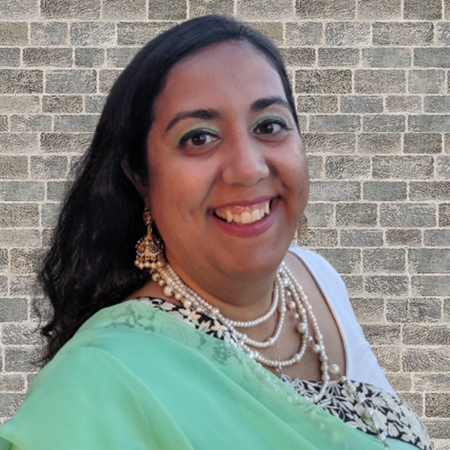
Farzin Avari
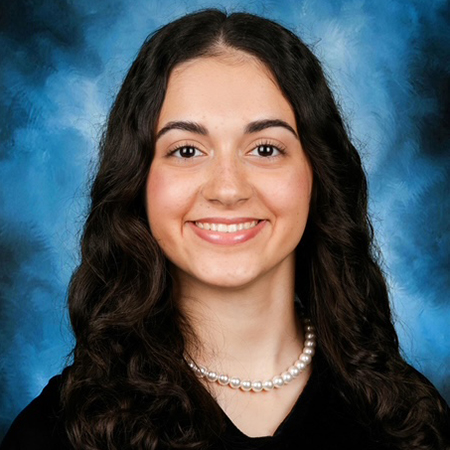
Mahtab Dastur
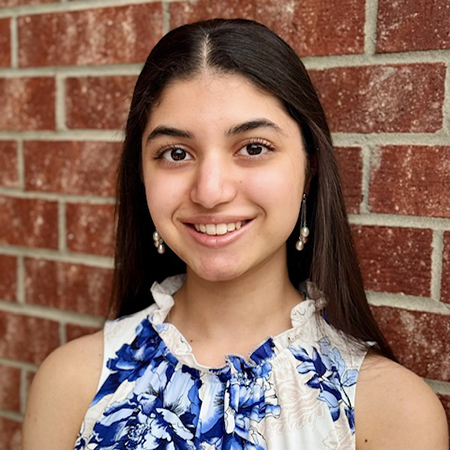
Natasha Dungor
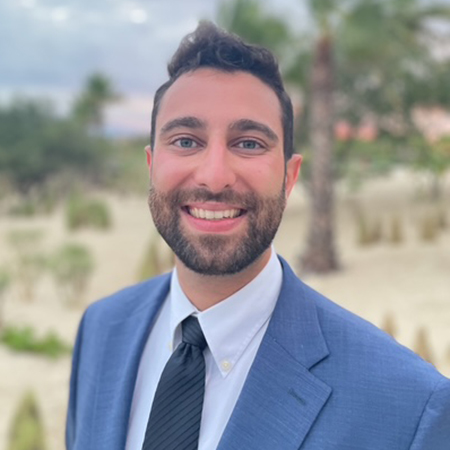
Afshan Irani
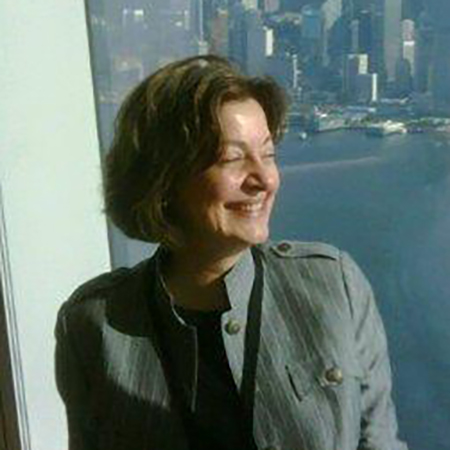
Banoo Irani-Parpia
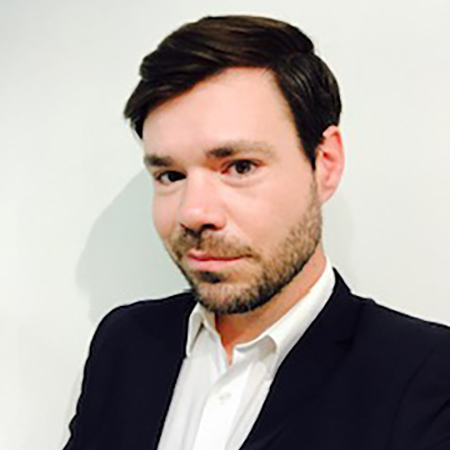
Bradley Bailey
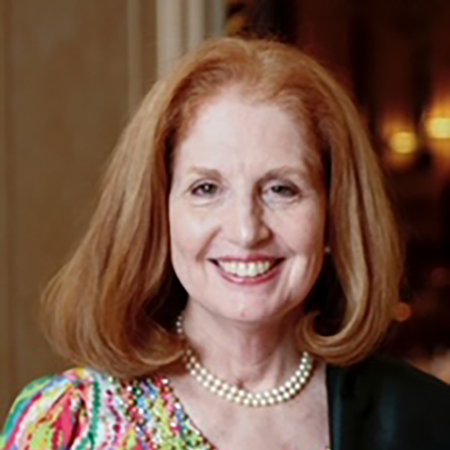
Amy G. Poster
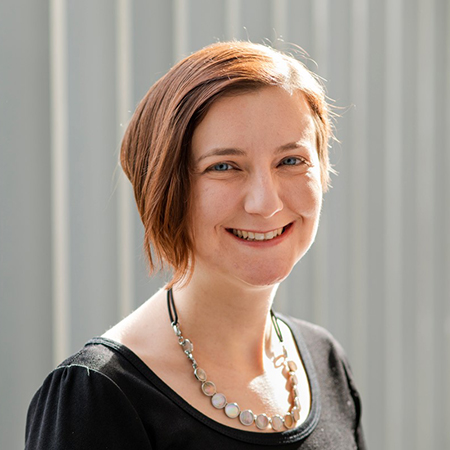
Jennifer Kapral
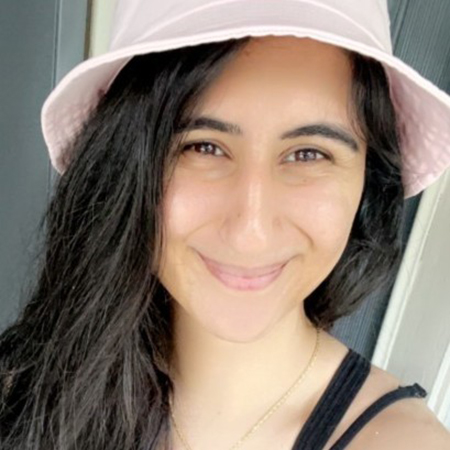
Kimiya Shahzadi
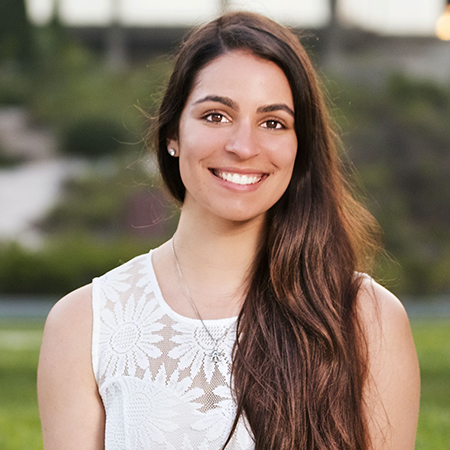
Natalie Kanga
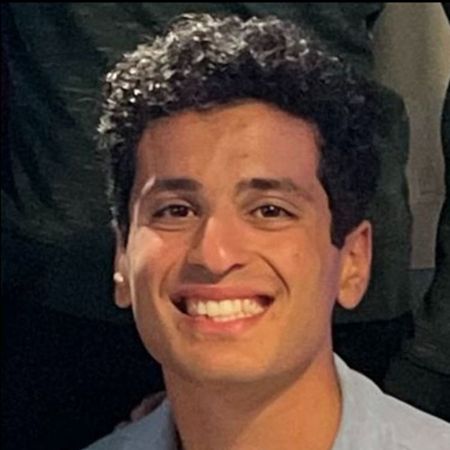
Zane Commissariat
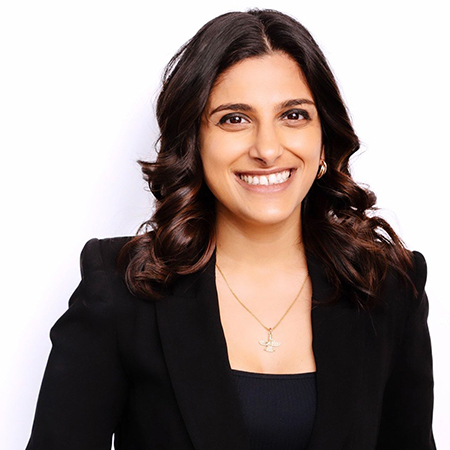
Sharmin Mistry
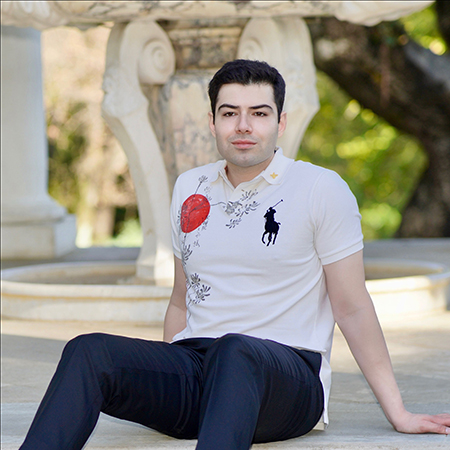
Ashton Zadeh
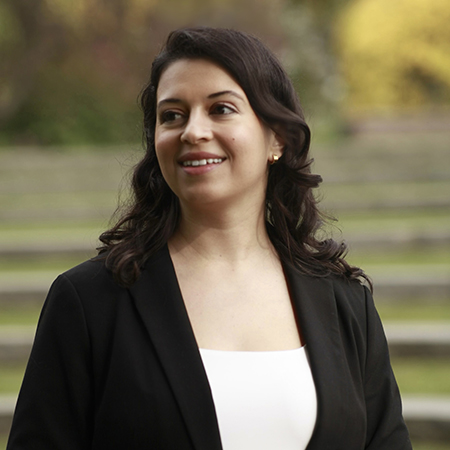
Tanya Hoshi
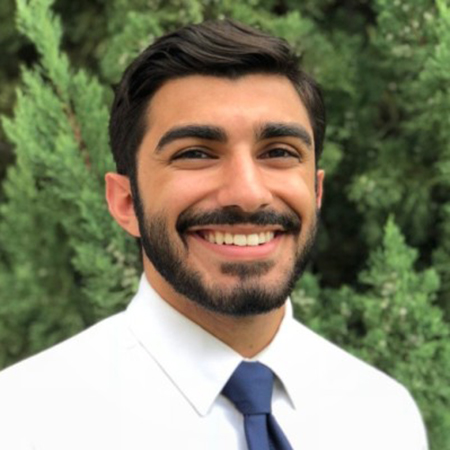
Ervad Burzin Balsara
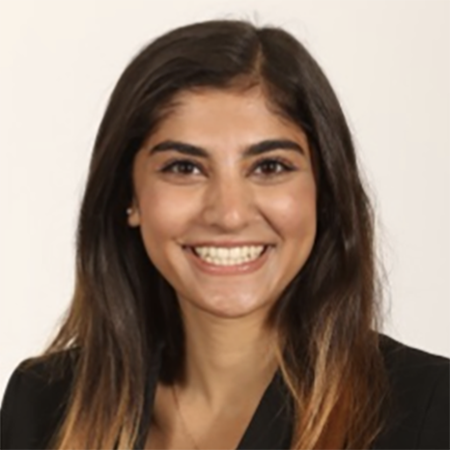
Afriti Chinoy
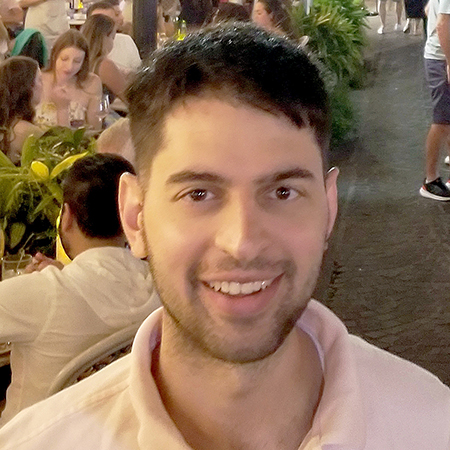
Ervad Poruz Khambatta
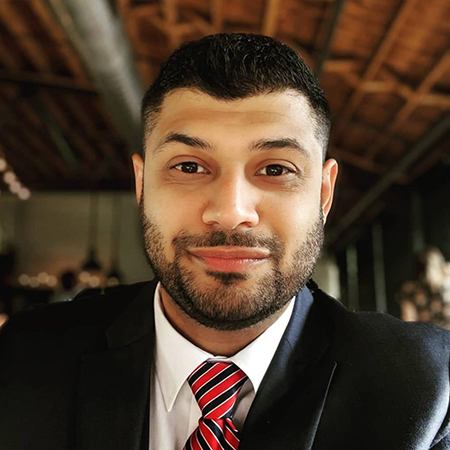
Zubin Mistry
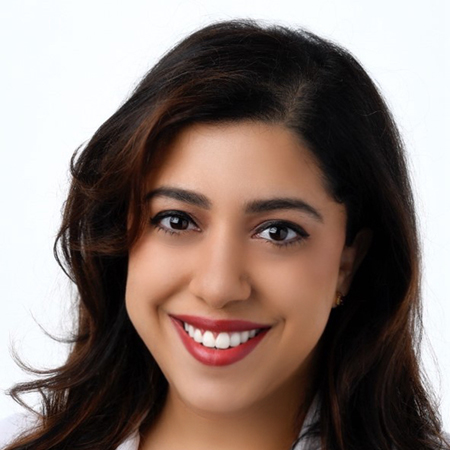
Dr. Kaizeen Mody
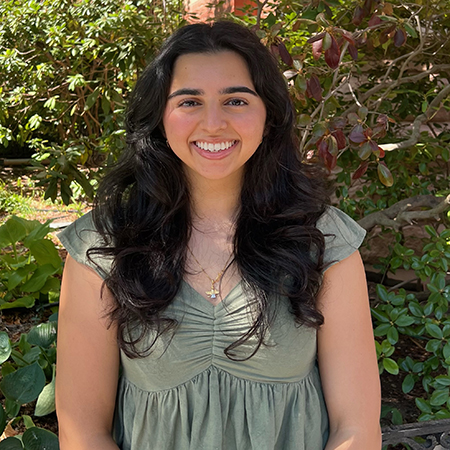
Daisy Pithawalla
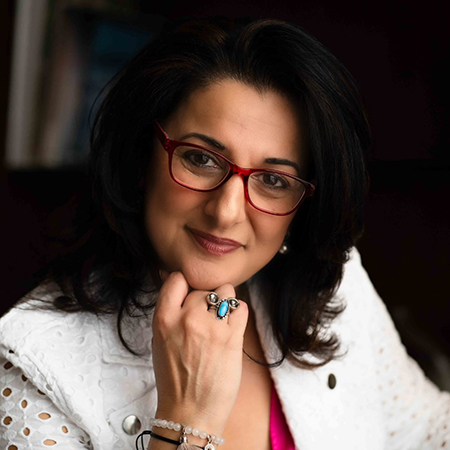
Ferzin Patel
Keynote Speaker: Boman Irani
The keynote address at the 18th North American Zoroastrian Congress shall be delivered by Boman Irani
Title
Bridging Cultures and Inspiring Resurgence at the 18th North American Zoroastrian Congress
 Embracing the theme of “Generation Z: Propelling Zarathushti Resurgence,” the 18th North American Zoroastrian Congress is poised to ignite a vibrant dialogue on cultural heritage, identity, and the evolving role of the Zoroastrian community in today’s world. At the heart of this dynamic exchange will be the esteemed Bollywood actor Boman Irani, who will be the keynote speaker.
Embracing the theme of “Generation Z: Propelling Zarathushti Resurgence,” the 18th North American Zoroastrian Congress is poised to ignite a vibrant dialogue on cultural heritage, identity, and the evolving role of the Zoroastrian community in today’s world. At the heart of this dynamic exchange will be the esteemed Bollywood actor Boman Irani, who will be the keynote speaker.
Boman Irani’s journey from humble beginnings to Bollywood stardom mirrors the resilience and adaptability of the Zoroastrian ethos, embodying the spirit of resurgence and transformation. Born into a Parsi family, his ascent in the Indian film industry epitomizes the fusion of tradition with modernity, a theme central to the congress’s discussions on empowering the next generation.
Boman Irani transcends boundaries as a beacon of cultural bridge-building, showcasing how embracing diversity and heritage can propel communities forward. His versatile talent, seamlessly transitioning between roles, mirrors the adaptability required to navigate today’s multicultural landscape.
During his keynote address, Boman Irani will delve into the intersection of tradition and innovation, offering insights into how the Zoroastrian community can harness its rich heritage to inspire a new era of leadership and impact. His message will resonate with Generation Z, encouraging them to embrace their roots while charting new paths that honor the past and shape the future.
Boman Irani’s philanthropic endeavors, rooted in the Zoroastrian principles of service and compassion, further exemplify the theme of resurgence. His commitment to social causes mirrors the congress’s focus on community engagement and collective progress.
Attendees can anticipate an address that blends wisdom with wit. Irani will share anecdotes from his life’s journey, illustrating the enduring relevance of Zoroastrian values in today’s global society. His presence at the congress underscores the power of storytelling and cultural exchange in fostering unity and resilience.
By inviting Boman Irani as the keynote speaker, the 18th North American Zoroastrian Congress embraces the spirit of Generation Z: a generation poised to propel Zarathushti resurgence through innovation, inclusivity, and a deep-rooted commitment to heritage and community.
Youth Keynote Speaker: Sanaya Master
Sanaya Master
Title: Igniting the Flame Within: Empowering Generation Z for a Zoroastrian Renaissance
 We are thrilled to announce that Sanaya Master will be our Youth Keynote Speaker at the XVIII North American Zoroastrian Congress 2024. Sanaya is a distinguished leader in community development and cultural preservation with extensive global experience in healthcare, technology, and charitable sectors.
We are thrilled to announce that Sanaya Master will be our Youth Keynote Speaker at the XVIII North American Zoroastrian Congress 2024. Sanaya is a distinguished leader in community development and cultural preservation with extensive global experience in healthcare, technology, and charitable sectors.
As the visionary founder of the World Zoroastrian Youth Leaders Forum (WZYLF), Sanaya has orchestrated transformative gatherings at the ASHA Centre in the UK in 2018 and 2024, bringing together young Zoroastrian leaders worldwide. Her dedication to community service and empowering the Zoroastrian youth resurgence epitomizes leadership, community service, and the harmonious integration of tradition with modern global perspectives.
As Co-Chair of the FEZANA Unity & Welfare Committee, Sanaya is committed to supporting our global Zoroastrian community’s disadvantaged and vulnerable members. She shares her dedication to community service with her husband, Kayras Irani. Together, they are raising their daughter, Spenta, exemplifying their commitment to family and cultural values.
Sanaya Master inspires and unites Zoroastrians worldwide, fostering a new generation of engaged, action-oriented leaders. Her work is a beacon of hope and motivation for our community, and we are excited to hear her share her insights and vision for the future.
Participate in a momentous event that promises to ignite the flame within each of us and empower Generation Z for a Zoroastrian Renaissance.
Zarathhuštra’s Gāthās and the Art of Living
Title
Zarathuštra’s Gāthās and the Art of Living
Abstract
The Gāthās are believed to be the only work directly attributable to Zarathushtra, and thus the first source of information about his teachings. The purpose of this session is to present the essence of Zarathushtra’s teachings in a way that highlights their relevance to our times and our lives.
The session will open with the four young speakers sharing their experiences with the Gāthās. They will discuss how they encountered the Gāthās, and some of their unanswered questions and unmet needs. By being an integral part of the shaping of this session, they have influenced the emphasis of this session. They would like this session to be a simple presentation of the essence of the Gāthās, with examples of how they might be practiced in daily living.
In the second part of the session, the lead speaker, Dr. Keki Dadachanji, will attempt offering a presentation of the Gāthās that meets these expectations. All of us want to learn how we could make better choices when faced with difficult situations, and how we could maintain happiness and serenity in a world gone awry. We will seek answers to these questions in the foundational teachings of the Gāthās, and illustrate those with practical examples.
The third part of the session will give the audience an opportunity to ask questions.
Zoroastrianism will flourish if more people understood Zarathushtra’s teachings, reflect that knowledge in their daily living, and thereby become living examples of the Gāthās, positively influencing all people who get within their orbit. This is our ambition in offering this session.
Speaker
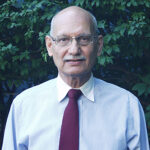 Dr. Keki Dadachanji holds a doctorate in Operations Research from Case Western Reserve University. After a distinguished career spanning 26 years as a senior manager at M&M/Mars, Dr. Dadachanji transitioned to education, bringing his wealth of experience to high school and university classrooms.
Dr. Keki Dadachanji holds a doctorate in Operations Research from Case Western Reserve University. After a distinguished career spanning 26 years as a senior manager at M&M/Mars, Dr. Dadachanji transitioned to education, bringing his wealth of experience to high school and university classrooms.
He is currently a respected faculty member at the Osher Lifelong Learning Institute at Rutgers University, where he teaches spirituality, philosophy, literature, and world cinema courses.
Dr. Dadachanji’s passion for world cinema has led him to use this medium to foster mutual understanding and respect among diverse cultures. His innovative approach to education and his commitment to cultural exchange earned him the Marlene M. Pomper Award for excellence in teaching.
In addition to his academic pursuits, Dr. Dadachanji is deeply involved in the Zoroastrian community. He leads the Gatha Study Group at ZAGNY, promoting a profound understanding of Zarathushtra’s teachings. His leadership was also evident as the Co-Chair of the Program Committee for the 12th World Zoroastrian Congress in 2022.
Dr. Dadachanji’s multifaceted career and dedication to education and cultural enrichment make him a valuable contributor to any academic or community-focused endeavor.
Speaker
 Farzin Avari is an educator and community leader striving to foster the growth of kind, compassionate, and thoughtful young leaders. She served as ZYNA Co-Chair for the past 3 years. She now serves as Assistant Secretary of FEZANA.
Farzin Avari is an educator and community leader striving to foster the growth of kind, compassionate, and thoughtful young leaders. She served as ZYNA Co-Chair for the past 3 years. She now serves as Assistant Secretary of FEZANA.
As a woman of color teaching in the South, Farzin understands the importance of empowering youth leaders to create more inclusive and supportive spaces within their communities. She is focused on polishing young minds to be better youth leaders. She is currently determined to create a strong group of Zarathushti youth leaders in North America.
Speaker
 Mahtab B. Dastur is a freshman at Rice University, studying Social Policy and Medicine. Immensely involved in her community, she has served as the ZAH Youth Group President, ZYNA Religion & Culture Co-Chair and is the Social Media Chair for this congress.
Mahtab B. Dastur is a freshman at Rice University, studying Social Policy and Medicine. Immensely involved in her community, she has served as the ZAH Youth Group President, ZYNA Religion & Culture Co-Chair and is the Social Media Chair for this congress.
Mahtab is passionate about caring for the environment, empowering youth, and fostering open communications between all people. She has been invited to speak on these topics at several global platforms including at the 2022 World Zoroastrian Congress, the Parliament of World’s Religions and recently at the Girl Up USA Leadership Summit.
Mahtab serves on the board of several non-profit organizations, including the one she and her brother founded, Books2Smiles, which sends books across the world to children who do not have access to them; and Project C.A.R.V., where she is constantly advocating to decrease cases of Teen Dating Violence. Mahtab’s lifelong goal is to make a lasting difference in the world.
Speaker
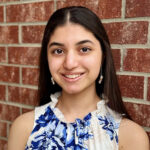 Natasha N. Dungor was born and raised in Houston and is an 18-year-old student in 12th grade. After graduating high school, she plans to study medicine and business analytics to pursue a career in healthcare. Inspired by her parents’ immense involvement in the community, Natasha has been an active member of the Houston Zarathushti community from a young age.
Natasha N. Dungor was born and raised in Houston and is an 18-year-old student in 12th grade. After graduating high school, she plans to study medicine and business analytics to pursue a career in healthcare. Inspired by her parents’ immense involvement in the community, Natasha has been an active member of the Houston Zarathushti community from a young age.
Her many contributions to the community include serving as the NAZC2024 Youth and Young Adults Programs Co-Chair (the youngest co-chair) and her work on the FEZANA Ava Project. In March 2024, Natasha attended and presented at the United Nations Commission on the Status of Women in New York City as a delegate of FEZANA and a representative of the worldwide Zoroastrian community.
Natasha is an accomplished dancer and dance instructor. She has performed at various events including four NBA Half-Time Shows, the Indian Film Festival of Houston, and the Rotary 2022 International Convention.
Having grown up in North America with a blended Parsi and Irani background and fluency in English, Gujarati, and Hindi, Natasha adds a valuable, bicultural perspective.
Speaker
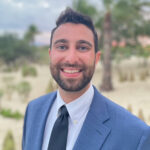 Afshan Irani has a Bachelor of Science in Biomedical Engineering from the University of Texas at Austin. He joined a technology rotational program at Merck soon after graduating, and currently works as a Product Manager for the Scientific Data Analytics team in Boston, MA.
Afshan Irani has a Bachelor of Science in Biomedical Engineering from the University of Texas at Austin. He joined a technology rotational program at Merck soon after graduating, and currently works as a Product Manager for the Scientific Data Analytics team in Boston, MA.
Afshan got involved in the Zoroastrian community at an early age – growing up he participated in religious classes and served as a camp mentor in the ZANT community. Afshan earned The Good Life badge through Scouts of America demonstrating religious knowledge and strong ties to the community, having built a playground at the ZANT Center as a part of his Eagle Scout project.
Service has always been at the core of his religious practice, and Afshan is passionate about inspiring learning in all students. He is a member of the ZAGBA community, and has had the privilege of learning and asking questions about Zoroastrianism and the Zoroastrian community at multiple congresses.
Preserving the Flame: The role of Museums and cultural organizations in safeguarding and promoting the Zoroastrian legacy
Title
Preserving the Flame: The role of Museums and cultural organizations in safeguarding and promoting the Zoroastrian legacy
Abstract
With a rich history spanning millennia, Zoroastrianism has deeply influenced and contributed to world culture through art, artefacts, architecture, literature and more. This panel discussion will increase understanding and appreciation of the many ways that museums and cultural institutions serve to preserve and care for historical heritage and legacy by safeguarding invaluable objects and the stories they tell for future generations in perpetuity.
Bradley Bailey PhD, Curator of Asian Art, Museum of Fines Arts (MFAH), will discuss and highlight a current exhibition at MFAH that focuses on and celebrates the Zoroastrian community with an expertly curated display of artefacts used in worship, ritual objects, clothing and textiles, photographs and more. Amy Poster PhD, Consulting Curator of Asian Art MFAH will highlight the contributions of legendary Parsi art collectors, gallerists and artists, who have shaped the field and without whom “Indian art” would not be what it is today. Amy will be joined by Banoo Parpia, moderator of the panel, to share and comment on Parsi textiles from the collection of the MFAH and from the recently exhibited Jeevak & Banoo Parpia collection.
Providing the perspective from the vantage point of the Asia Society, Jennifer Kapral PhD, Sr. Director of Education & Outreach, will discuss the mission of this preeminent cultural organization to navigate shared futures for Asia and the world across policy, arts and culture and education for the benefit of all.
With these diverse narratives and multiple channels for increased engagement, this session will help bridge understanding and appreciation of the Zoroastrian community’s many facets and promote ongoing pride in our rich cultural heritage.
Speaker
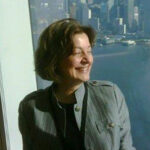 The patriarch of Banoo Irani/Parpia’s family in Bombay was Banoo’s grandfather Khan Bahadur Ardeshir Irani, a pioneer of the Indian film industry and producer and director of India’s first film talkie “Alam Ara” in 1931 that was based on a Parsi play.
The patriarch of Banoo Irani/Parpia’s family in Bombay was Banoo’s grandfather Khan Bahadur Ardeshir Irani, a pioneer of the Indian film industry and producer and director of India’s first film talkie “Alam Ara” in 1931 that was based on a Parsi play.
Banoo and her husband Jeevak Parpia, Professor of Physics at Cornell University, both received their PhD’s at Cornell. Banoo recently retired as Director of Development for Asia at Cornell and prior to that was on the research faculty as Senior Research Asociate in the Division of Nutritional Science where she served as chief coordinator of the pioneering China study. The Parpias have a joint interest in Indian textiles and Indian art that evolved in the late 1980s. They have had numerous exhibitions of selections from their comprehensive collection of Indian textiles including a show entitled “Traded Treasure” on Indian trade textiles in 2019 at the Herbert F Johnson Museum of Art at Cornell and most recently “Woven Wonders” in 2023 at the MFAH.
Speaker
 Since 2017 Bradley Bailey has served as the inaugural Ting Tsung and Wei Fong Chao Curator of Asian Art at the Museum of Fine Arts, Houston, where he oversees galleries dedicated to the arts of Japan, Korea, China, and South and Southeast Asia.
Since 2017 Bradley Bailey has served as the inaugural Ting Tsung and Wei Fong Chao Curator of Asian Art at the Museum of Fine Arts, Houston, where he oversees galleries dedicated to the arts of Japan, Korea, China, and South and Southeast Asia.
A specialist in the art of Japan, he has curated several major traveling exhibitions, including “None Whatsoever: Zen Paintings from the Gitter-Yelen Collection,” and most recently “Meiji Modern: 50 Years of New Japan,” which was accompanied by a catalogue published by Yale University Press. Bailey holds a BA and PhD in the History of Art from Yale University, as well as an MBA from the Yale School of Management. Dr. Bailey is proud to be the organizer of the first-ever installation dedicated to Zoroastrianism in the 100-year history of the Museum of Fine Arts, Houston, where it is currently on view.
Speaker
 Amy G. Poster has been Consulting Curator, Asian Art, at the Museum of Fine Arts, Houston since March 2016. She had a distinguished career at the Brooklyn Museum as Chair of the Department of Asian Art from which she retired as Curator Emerita in 2006.
Amy G. Poster has been Consulting Curator, Asian Art, at the Museum of Fine Arts, Houston since March 2016. She had a distinguished career at the Brooklyn Museum as Chair of the Department of Asian Art from which she retired as Curator Emerita in 2006.
After her retirement from the Brooklyn Museum, she consulted for several museums, including the Ringling Museum of Art in Sarasota, the Indianapolis Museum of Art where she was a Mellon Curator, and the Japan Society Gallery in New York where she served as Interim Director.
At The MFAH she has been helping in the acquisition of objects and the presentation of the collection. In 2023, she curated Woven Wonders: Indian Textiles in the Parpia Collection, and has overseen the 2023 reinstallation of the Nidhika and Preshant Mehta Gallery of Indian Art. Over her career Amy has organized numerous exhibitions of Indian arts, and published widely, both scholarly articles and museum catalogs.
She served as a Trustee of the Rubin Museum of Art in New York and continues to serve museum advisory committees, including the Visiting Committee of Islamic Art at The Metropolitan Museum of Art and the Japan Society Gallery.
Speaker
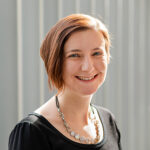 Jennifer Kapral has served Asia Society Texas for five years as the Senior Director of Education, co-leading an 11-million-dollar capital campaign to create and build Explore Asia, an interactive educational exhibit, and Asia in the Classroom and the Community, a digital hub for teaching and learning about Asia and the Asian American experience.
Jennifer Kapral has served Asia Society Texas for five years as the Senior Director of Education, co-leading an 11-million-dollar capital campaign to create and build Explore Asia, an interactive educational exhibit, and Asia in the Classroom and the Community, a digital hub for teaching and learning about Asia and the Asian American experience.
Prior to her role at Asia Society, she served for 15 years as a professional educator, school leader, and project manager. She has held leadership roles with Teach for America, Raise Your Hand Texas, and the Houston Independent School District. More recently, she served as Dean of Instruction at the Houston Academy for International Studies, where she built and managed a nationally recognized study abroad program. Highlights from her travels include leading a student service-learning trip to Pune, India and receiving a Fulbright-Hays award to study curriculum development in Egypt. Jennifer holds a B.A. in Politics and Philosophy from the University of Pittsburgh and a Master’s in Education from The University of St. Thomas.
"Who Are We?" -Zoroastrians in the Western World
Title
“Who Are We?” -Zoroastrians in the Western World
Abstract
In the wake of Zoroastrianism’s dispersion across the Western hemisphere in recent decades, the question of “Who is a Zoroastrian?” emerges. This session embarks on a nuanced exploration, unraveling the complexities surrounding identity, belonging, and the evolving landscape of our faith.
Key themes emerge as the discussion unfolds, inviting thought on issues that resonate deeply within the community. Questions surrounding interfaith relationships invoke debate, as individuals grapple with the tensions between cultural preservation and assimilation. Likewise, reflections on Zoroastrian male bloodlines prompt introspection on notions of lineage, inheritance, and inclusivity within the faith’s fabric.
The conversation extends its embrace to encompass the LGBTQ+ community, recognizing the imperative need to honor the dignity and diversity of all individuals. Amidst these discussions, the divergent experiences of Zoroastrians growing up in North America versus other global locales offer rich insights into the dynamics of cultural adaptation, community cohesion, and the transmission of tradition across generations.
Ultimately, this dialogue aspires towards a synthesis of perspectives, seeking common ground amidst diversity. By fostering understanding, empathy, and dialogue, participants forge a path forward that honors the richness of Zoroastrian heritage while embracing the evolving contours of contemporary life. In this quest for consensus, the journey itself becomes a testament to the resilience, adaptability, and enduring relevance of Zoroastrianism in an ever-changing world.
.
Moderator
 Kimiya Shahzadi is a Co-Chair of Zoroastrian Youth of North America (ZYNA), a committee of FEZANA, the Chief Social Media Officer at the North American Mobed Council (NAMC), and is the Social Committee Co-Chair of the Zoroastrian Association of Michigan (ZAOM).
Kimiya Shahzadi is a Co-Chair of Zoroastrian Youth of North America (ZYNA), a committee of FEZANA, the Chief Social Media Officer at the North American Mobed Council (NAMC), and is the Social Committee Co-Chair of the Zoroastrian Association of Michigan (ZAOM).
Born into a priestly family she is currently training under the Zoroastrian Mobed Council of Iran to become a mobedyar and aspires to become a mobed. Kimiya is a dual citizen of Australia and the United States, can speak, read, and write Persian, and has a black belt in Shotokan Karate.
She owns a real estate business and with her master’s in clinical behavioral psychology specializing in relationships and publications has founded Love Story LLC, a modern Zoroastrian matchmaking service matching 20+ couples already. She is currently building a Love Story dating app with a mission to increase quality love in the world in a big way.
Speaker
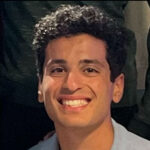 Zane Commissariat is a distinguished high school senior from Southern California with a deep-rooted passion for service and leadership. Zane completed his Eagle Scout Project at the Zoroastrian Association of California ZAC Center and achieved the Good Life Zoroastrian Emblem with the Scouts of America.
Zane Commissariat is a distinguished high school senior from Southern California with a deep-rooted passion for service and leadership. Zane completed his Eagle Scout Project at the Zoroastrian Association of California ZAC Center and achieved the Good Life Zoroastrian Emblem with the Scouts of America.
His dedication to the Zoroastrian community earned him the 2024 Zoroastrian Youth of the Year award. Zane also contributes as a lead Youth Mentor, guiding the Teen & Tween Sessions at the 12th World Zoroastrian Congress in New York in 2022 and the 18th North American Zoroastrian Congress in 2024. Additionally, he is involved with the Zoroastrian Sports Committee of FEZANA.
Zane conducts research alongside faculty at the University of Southern California (USC), aiming toward a career in public health. He relishes giving back to the community including volunteering at free clinics and homeless shelters in Los Angeles, working with USC’s Interdisciplinary Outreach Team. Furthermore, as the co-founder of the Education Equity Project, a student-led organization, Zane collaborates with nonprofits to support educational initiatives for underserved children.
Speaker
 Natalie Kanga was born in Toronto to a Parsi father and a Canadian mother. She grew up in San Jose, California, where she was positively influenced by the love and support of the Zoroastrian community. Natalie is passionate about bringing the Persian and Indian Zoroastrian communities together in the San Francisco Bay Area.
Natalie Kanga was born in Toronto to a Parsi father and a Canadian mother. She grew up in San Jose, California, where she was positively influenced by the love and support of the Zoroastrian community. Natalie is passionate about bringing the Persian and Indian Zoroastrian communities together in the San Francisco Bay Area.
She has served as a counselor at the Z camp for teens, she helped create a mini-documentary interviewing Persian and Parsi Zoroastrians from across the community, and she acted as the producer for a professional photography project showcasing present-day Zoroastrians in old-style portraits. Most recently,
Natalie had the pleasure of speaking at the 8th World Zoroastrian Youth Congress in London. She is currently pursuing her Ph.D. in Psychology, focusing specifically on utilizing the interactions between physical and mental health to develop effective therapeutic interventions.
Speaker
 Born and brought up in Mumbai, India, now residing in Toronto, Canada, Sharmin Mistry is a youth leader. She was the youngest representative on the FEZANA board as the Assistant Secretary from 2022 to 2024.
Born and brought up in Mumbai, India, now residing in Toronto, Canada, Sharmin Mistry is a youth leader. She was the youngest representative on the FEZANA board as the Assistant Secretary from 2022 to 2024.
She was also the youngest FEZANA representative at the United Nation’s 67th Commission of the Status of Women Conference, New York in March 2023 and initiated the Attitude of Gratitude donation drive program as the Service and Advocacy Co-Chair at ZYNA.
She has participated in various Zoroastrian events and programs such as the World Zoroastrian Youth Congress in London, the Zoroastrian Return to Roots program 2023-24, and most recently, the 2nd World Zoroastrian Youth Leadership Forum held at the ASHA Centre in the UK. She is currently initiating and conducting a pilot for the first-ever Zoroastrian Exchange program for Parsi and Iranian Zoroastrians between the ages of 13-19 years in North America and is looking forward to getting more Zoroastrians involved in the community and keeping them connected through more events.
Speaker
 Ashton Zadeh is a San Francisco Bay Area native who was born to Iranian parents but has also lived in Hawaii, Canada, and Japan. After graduating from San Jose State University in 2017, he noticed that many Iranian, Parsi, and Kurdish Americans knew very little about the Zoroastrian religion and Greater Iran’s history.
Ashton Zadeh is a San Francisco Bay Area native who was born to Iranian parents but has also lived in Hawaii, Canada, and Japan. After graduating from San Jose State University in 2017, he noticed that many Iranian, Parsi, and Kurdish Americans knew very little about the Zoroastrian religion and Greater Iran’s history.
Remembering his struggles growing up in a post 9/11 America, he wanted to give the next generation, and indirectly his own, the resources he didn’t have growing up. Ashton has written, illustrated, and published 5 children’s books, 3 of which talk about ancient Iran and Zoroastrianism in a modern art style. For every book sold, a tree is planted, and as of 2024 over 2000 trees have been planted across the US and Portugal. Ashton has also launched several fundraisers to send his non-Persian books and art supplies to children’s hospitals in Northern California.
Ashton is a Digital Marketing Specialist, where he utilizes storytelling, graphic design, and analysis skills to create and manage marketing campaigns.
The Great Zoroastrian Debate
Title
The Great Zoroastrian Debate
Abstract
Should Zoroastrians who marry outside the faith be accepted in the community?
Is Zoroastrianism practiced properly in North America?
Is religion no longer relevant to youth today?
Seize the opportunity to engage in a thought-provoking exploration of pressing questions facing our community today. Should Zoroastrians who marry outside the faith be embraced within our community’s embrace? Does the practice of Zoroastrianism in North America reflect our traditions appropriately? And perhaps most poignantly, is religion losing its relevance among today’s youth?
Prepare to witness a dynamic and interactive live debate like never before. A diverse group of young Zoroastrians will take the stage, each offering their unique perspectives and life experiences on these weighty matters. For the first time on stage, statements challenging the status quo will be presented, igniting discourse and inviting scrutiny from all angles.
As audience members, you’ll play an integral role in shaping the conversation. Through real-time anonymous voting, your opinions will be tallied and projected live on-screen, offering insight into the diversity of perspectives within our community. This innovative format ensures that every voice is heard, fostering a culture of openness, understanding, and empathy.
Dubbed “The Great Zoroastrian Debate,” this event promises not only intellectual stimulation but also a deeper sense of connection and solidarity within our community. By engaging in candid discussions and confronting challenging questions head-on, we cultivate a greater sense of compassion and mutual respect.
Join us as we embark on this journey of exploration and dialogue, where open minds and open hearts converge to illuminate the path forward. Together, let us harness the power of discourse to enrich our understanding, strengthen our bonds, and pave the way for a brighter future for Zoroastrianism in North America and beyond.
Moderator
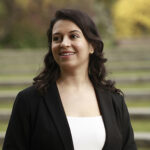 Tanya Hoshi is an award-winning Canadian filmmaker with over a decade of experience producing films, web series, digital content, and advertisements. Tanya’s commercial productions have been viewed globally by millions, broadcast on NBC, and won a Telly Award. In 2023, Tanya produced her first feature film We Will Be Brave via Telefilm Canada’s Talent to Watch Program, which won the Audience Choice Feature Film Award at the Reel Asian International Film Festival. Tanya made her directorial debut with the web series Blackout which won Best Horror Series at WebFest Berlin. She is currently a co-producer on BAPSI, a documentary about the greatest living Pakistani writer and a fellow Zoroastrian, Bapsi Sidhwa.
Tanya Hoshi is an award-winning Canadian filmmaker with over a decade of experience producing films, web series, digital content, and advertisements. Tanya’s commercial productions have been viewed globally by millions, broadcast on NBC, and won a Telly Award. In 2023, Tanya produced her first feature film We Will Be Brave via Telefilm Canada’s Talent to Watch Program, which won the Audience Choice Feature Film Award at the Reel Asian International Film Festival. Tanya made her directorial debut with the web series Blackout which won Best Horror Series at WebFest Berlin. She is currently a co-producer on BAPSI, a documentary about the greatest living Pakistani writer and a fellow Zoroastrian, Bapsi Sidhwa.
In addition to her professional career, Tanya enjoys volunteering her time as a youth leader in the global Zoroastrian community. Tanya was appointed as the first Chief Social Media Officer of FEZANA in 2020 and is currently the Chair of the newly formed Communications Committee. Over the past four years, Tanya has grown FEZANA’s social media online while mentoring several of the youth. She has been invited as a speaker at the 2019 Youth Congress in LA, the 2022 World Zoroastrian Congress in NYC, and the 2023 Youth Congress in London. She is on the board of the Zoroastrian Return to Roots Trip and alumnus of the World Zoroastrian Youth Leaders Forum. Tanya’s commitment to her community and achievements in her career led her to be awarded the Outstanding Youth Award at the 2022 World Zoroastrian Congress in New York City.
Speaker
 Ervad Burzin Balsara is a mobed originally from Dallas, TX, now residing in Washington, D.C. He recently earned his master’s degree in mechanical engineering and is currently a guidance, navigation, and controls engineer at the Johns Hopkins Applied Physics Laboratory, where he works on both air and missile defense systems and space exploration.
Ervad Burzin Balsara is a mobed originally from Dallas, TX, now residing in Washington, D.C. He recently earned his master’s degree in mechanical engineering and is currently a guidance, navigation, and controls engineer at the Johns Hopkins Applied Physics Laboratory, where he works on both air and missile defense systems and space exploration.
Outside of his professional life, Burzin enjoys camping, biking, and exploring the city’s vibrant museums. As an active Zoroastrian, he has been deeply involved with his home association, ZANT, and has volunteered by serving the community alongside his father through various Jashans and ceremonies over the years.
Speaker
 Afriti Chinoy is currently a fourth-year dental student at the University of Michigan School of Dentistry. Afriti is a native of Troy, Michigan and attended Case Western Reserve University for undergraduate education. During her time at Case Western, Afriti was awarded The John Schoff Millis Award for her strong academic record, The Dr.Rula Quawas Award in Women and Gender Studies, and the Civic Engagement Scholar Award for her volunteering efforts within the Cleveland community.
Afriti Chinoy is currently a fourth-year dental student at the University of Michigan School of Dentistry. Afriti is a native of Troy, Michigan and attended Case Western Reserve University for undergraduate education. During her time at Case Western, Afriti was awarded The John Schoff Millis Award for her strong academic record, The Dr.Rula Quawas Award in Women and Gender Studies, and the Civic Engagement Scholar Award for her volunteering efforts within the Cleveland community.
At the University of Michigan School of Dentistry, Afriti has strived to succeed in both leadership and research. She serves as Treasurer for the Class of 2025, and her research work has resulted in four publications and five poster presentations under the mentorship of Michigan Medicine and UofM School of Dentistry. She received first place at the 2021 UofM School of Dentistry Research Day in Basic Science and Translational Research.
Afriti has been an active and involved member of the Zoroastrian Association of Michigan since 2004. She presented at the Scholars of Zoroastrianism 2017 Annual Conference. Afriti was recognized by FEZANA in 2018 in the “Emerging Leaders of North America” issue and has been awarded the Pavri Tata Endowed Scholarship 2018 and Soonu and Jal Birdy Endowed Scholarship 2021.
After graduation, Afriti hopes to pursue a residency in Oral and Maxillofacial Surgery and continue her passion for academics, leadership, and research. When Afriti is not practicing dentistry, she is out running, traveling, golfing, or enjoying the Michigan Football season with family and friends. Go Blue!
Speaker
 Ervad Poruz Khambatta was born and raised in the New York Metropolitan Area. As a child, he attended innumerable classes and events at ZAGNY. He is very grateful for all the amazing memories and wonderful friends he has made there. As he has gotten older, he has been fortunate enough to be able to give back to his community through both religious and non-religious events. Poruz has also represented Zoroastrianism at several interfaith gatherings, in the United States and abroad. He is a big believer in the power of dialogue to help us bridge divides and better understand where others are coming from. Poruz holds a B.A. from UC Berkeley, a Ph.D. from Stanford University, and a Postdoctoral Fellowship from UCLA.
Ervad Poruz Khambatta was born and raised in the New York Metropolitan Area. As a child, he attended innumerable classes and events at ZAGNY. He is very grateful for all the amazing memories and wonderful friends he has made there. As he has gotten older, he has been fortunate enough to be able to give back to his community through both religious and non-religious events. Poruz has also represented Zoroastrianism at several interfaith gatherings, in the United States and abroad. He is a big believer in the power of dialogue to help us bridge divides and better understand where others are coming from. Poruz holds a B.A. from UC Berkeley, a Ph.D. from Stanford University, and a Postdoctoral Fellowship from UCLA.
Speaker
 Zubin Mistry is a Senior Project Manager at Texas Children’s Hospital. With a background in Health Administration, Public Health and Project Management, Zubin has over 10 years of IT Management Consulting, including 8 years consulting for the US Government and military.
Zubin Mistry is a Senior Project Manager at Texas Children’s Hospital. With a background in Health Administration, Public Health and Project Management, Zubin has over 10 years of IT Management Consulting, including 8 years consulting for the US Government and military.
In the early 2000’s, Zubin was a Trustee-At-Large for the Zoroastrian Association of Metropolitan Washington Inc. (ZAMWI). After moving to Houston in 2021, he is an active member of Zoroastrian Association of Houston (ZAH) and is now on ZAH’s Executive committee.
However, Zubin’s true passion is chocolate. In 2021, he donned the moniker of the “The Chocolate Bawa” and created the Moderately Cool Baking Company (MCBC) with his lovely wife Mitra. In his passion project, The Chocolate Bawa strives to creatively combine art, humor, and attitude in every chocolate he makes. The Chocolate Bawa takes inspiration from his wife, his past, his community, and his culture to bring a unique experience to every bite.
Speaker
 Dr. Kaizeen Mody was born and raised in Los Angeles as an active member of the Zoroastrian Association of California. She helped organize/host the FIRST EVER pre-Congress youth weekend hosted at NAZC 2014 in Los Angeles, additionally serving as a committee member, speaker, and moderator at the main Congress.
Dr. Kaizeen Mody was born and raised in Los Angeles as an active member of the Zoroastrian Association of California. She helped organize/host the FIRST EVER pre-Congress youth weekend hosted at NAZC 2014 in Los Angeles, additionally serving as a committee member, speaker, and moderator at the main Congress.
After receiving her BS from UCLA and a Masters in Global Medicine from Keck School of Medicine at USC, she achieved her medical degree from Des Moines University College of Osteopathic Medicine. She completed her residency in Family Medicine at White Memorial Medical Center in East Los Angeles, working through unprecedented times at the peak of the COVID pandemic. In pursuit of further training in the areas of medicine she is most passionate about, she completed a specialty fellowship in Women’s Health and Obstetrics at AdventHealth Orlando.
Kaizeen joined the Houston Methodist Family Medicine Residency Program as teaching faculty and serves underserved communities as a family medicine and obstetrics physician at Vecino Health Centers, providing quality care to those most in need. This has allowed her to become an active member and participant of the Zoroastrian Association of Houston (and NAZC 2024) and its warm and welcoming community as well. She is also a collaborator on genetic population studies on US Parsi Zoroastrians.
Kaizeen hopes to continue serving others both locally and globally as a physician and member of the Zoroastrian community and looks forward to working with others to ensure it continues to grow and flourish.
Speaker
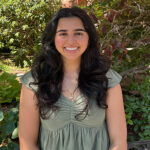 Daisy Pithawalla was born and raised in Los Angeles, California. She recently graduated from UC San Diego with a degree in Business Psychology and plans on attending Dental School in the Fall of 2025. During her free time, she enjoys spending time with her friends and family, baking, playing soccer, exploring the outdoors, and giving back to her local Zoroastrian community.
Daisy Pithawalla was born and raised in Los Angeles, California. She recently graduated from UC San Diego with a degree in Business Psychology and plans on attending Dental School in the Fall of 2025. During her free time, she enjoys spending time with her friends and family, baking, playing soccer, exploring the outdoors, and giving back to her local Zoroastrian community.
She has been part of her Zoroastrian community since she was little, partaking in social and religious events. Since 2021, she has served on the executive committee at the Zoroastrian Association of California (ZAC) as the Youth Coordinate and has been part of the initiative to bring a resurgence of youth to the community. She has organized youth events such as top golf, themed youth parties, sporting activities, and beach bonfires. Additionally, alongside the youth of CZC, she has kick-started a youth Instagram page aimed towards bringing the youth from all of Southern California together with the main goal of having a one-stop shop to find any relevant information on how to get involved and connect with the SoCal Zoroastrian youth.
Daisy hopes to see the community she has grown in only get bigger and better and is excited to drive change and uplift the community by impacting a larger youth Zarathushti demographic in the years to come.
Breaking the Chains of Bias: Reclaiming Zoroastrian Unity in North America through Conflict Resolution
Title
Breaking the Chains of Bias: Reclaiming Zoroastrian Unity in North America through Conflict Resolution
Abstract
As a community consisting of several generations, we all have our internal opinions, biases, interpretations, and beliefs. When we come together at events like NAZC2024, we often find ourselves triggered and attached to one viewpoint, our own. As you attend the next 3 days of talks, there most likely will be rumblings in the audience, particularly around sensitive topics. So how do we grow and bring about a resurgence as a community if we are not open to listening and hearing one another? This talk will focus on the human condition of survival and identity being a root cause of many inter-community conflicts. It will explain the importance of how we can use Conflict Resolution tools, awareness to become aware of our own internal triggers. We will also explore and provide tools to break the generational trauma of survivorship and bridge the resurgence of Zoroastrian teachings of Harmony, Unity and Peace. These principles can serve as a foundation for resolving internal conflicts amongst differing viewpoints.
Speaker
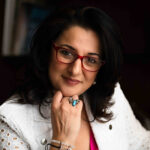 Ferzin Patel, MA, is a dedicated psychotherapist and certified Conscious Life Coach based in New York, committed to empowering individuals and families toward transformative well-being. With a BA in psychology from Clark University and a master’s in clinical and developmental psychology from Columbia University, she has over 25 years of experience in mental and behavioral health.
Ferzin Patel, MA, is a dedicated psychotherapist and certified Conscious Life Coach based in New York, committed to empowering individuals and families toward transformative well-being. With a BA in psychology from Clark University and a master’s in clinical and developmental psychology from Columbia University, she has over 25 years of experience in mental and behavioral health.
Ferzin has worked extensively with the psychiatric and neuro-diverse community, showcasing her clinical expertise and compassion. Her journey as a parent inspired her to train under Dr. Shefali Tsabary, Oprah’s parenting expert, and become a Certified Conscious Coach Practitioner. For the past four years, she has served as an ambassador and advisor at the Conscious Parent Coaching Institute, emphasizing mindfulness and consciousness in her coaching practice.
Ferzin has served the Zoroastrian community as a Trustee of the Dar-E-Mehr Zoroastrian Temple in Pomona and as a board member of ZAGNY. She engages with the Interfaith Center of New York to educate students from institutions like Bard College, Harvard, Ramapo College, and West Point’s Military Academy Cadet Interfaith Center to familiarize cadets with Zoroastrianism. She served as co-chair for the 2012 North American Congress in NY and continues to promote Zoroastrian identity and values in her community.
Day 2: Monday December 30, 2024
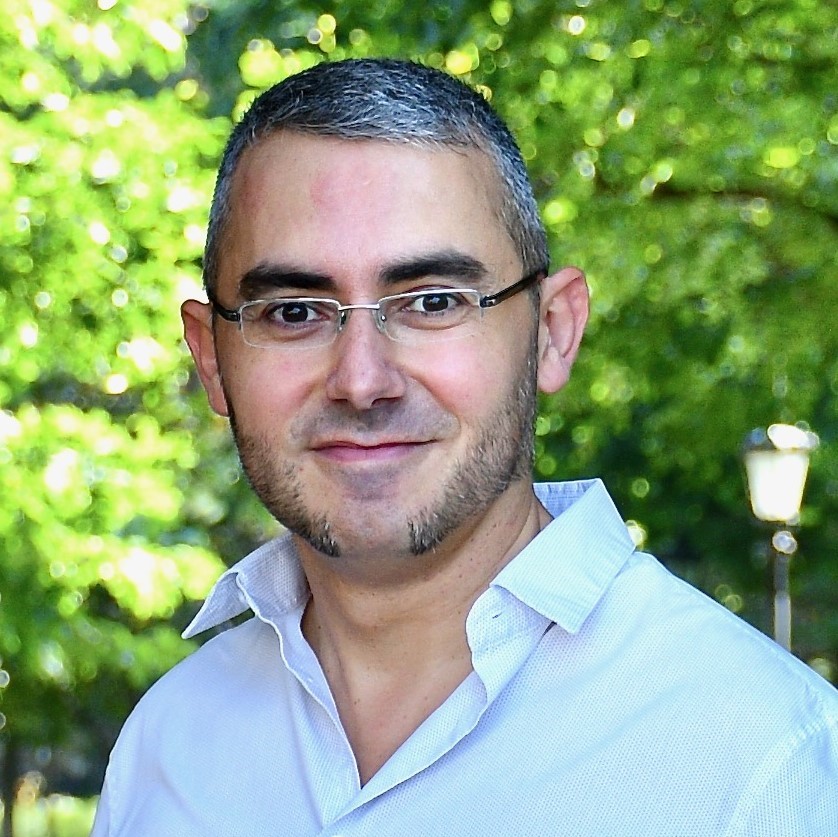
Miguel Ángel Andrés-Toledo
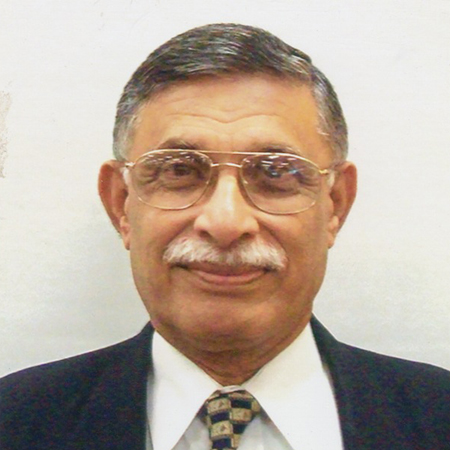
Brigadier Ervad Behram Panthaki
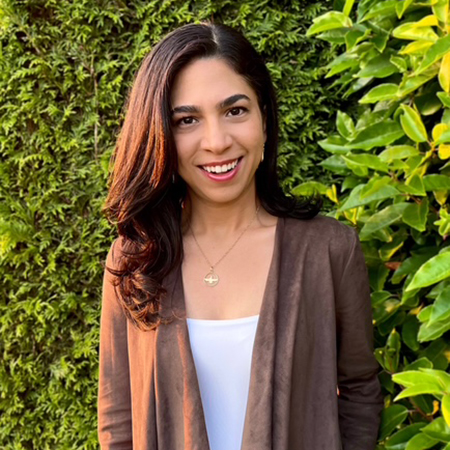
Rozmin Irani
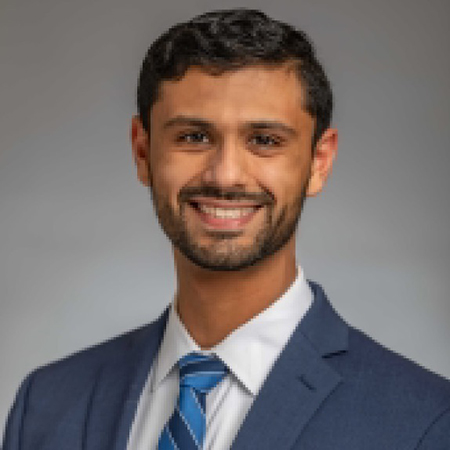
Rayomand Katrak
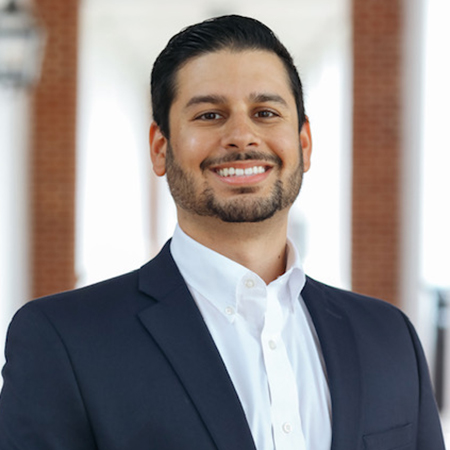
Burges Unwalla
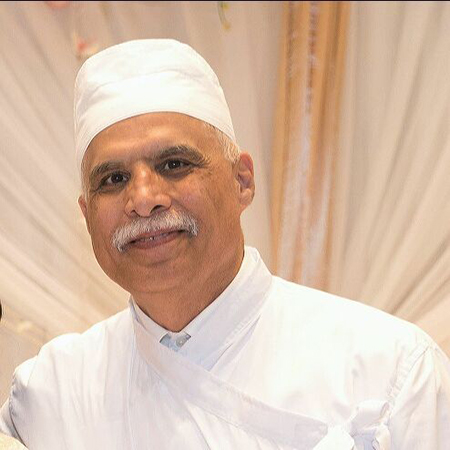
Tehemton Mirza
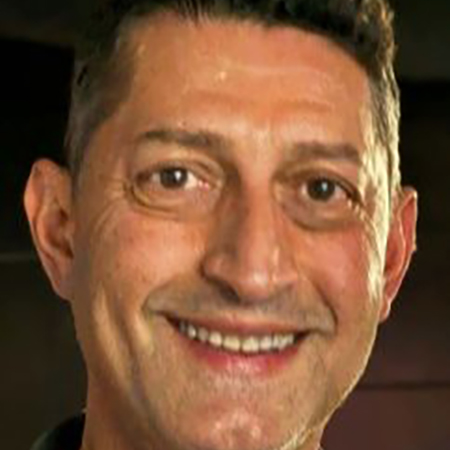
Khushrav Nariman

Porus Cyrus Pavri
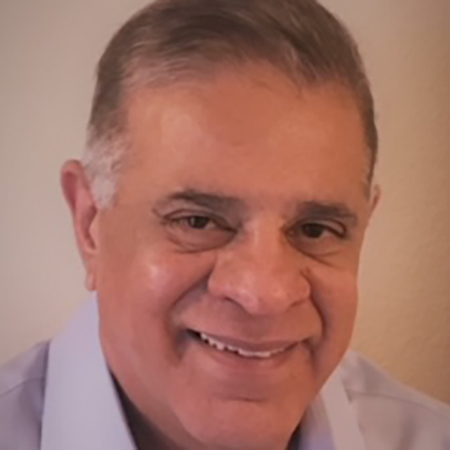
Behram Irani
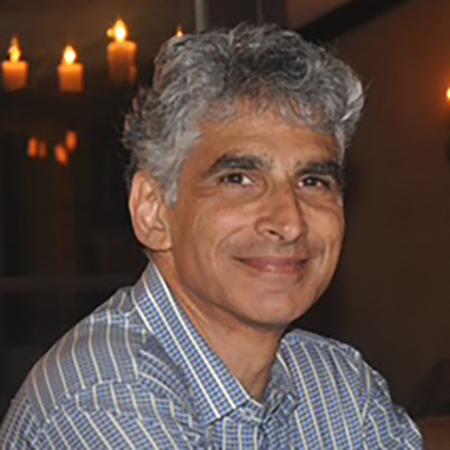
Cyrus Irani
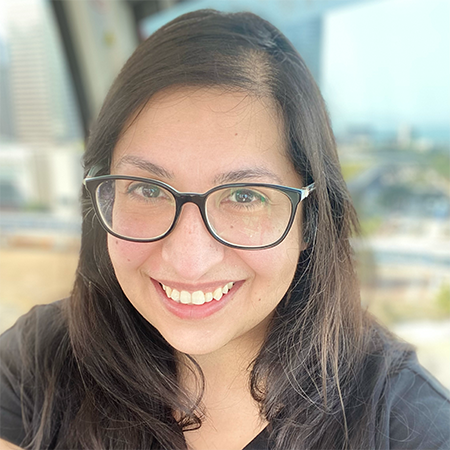
Leilah Vevaina
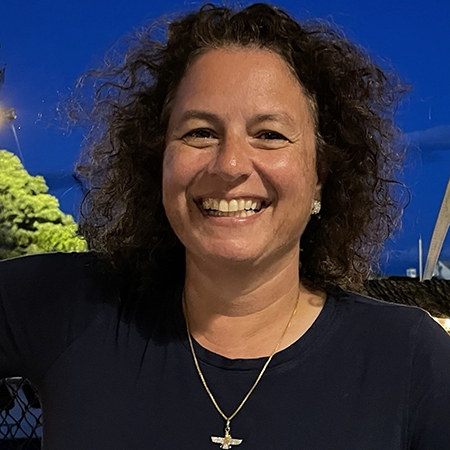
Keshwar Buhariwalla
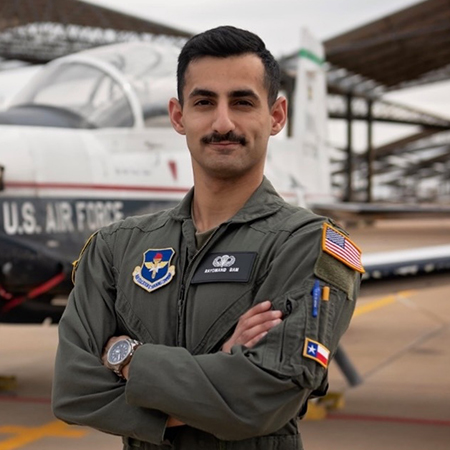
Rayomand Bam
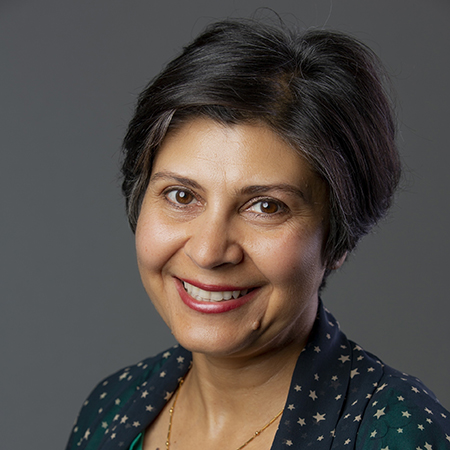
Huban A. Gowadia
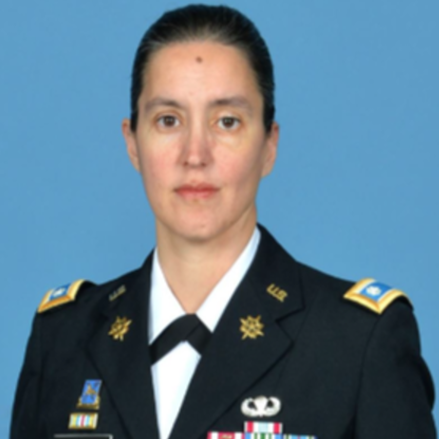
Cainaz Vakharia
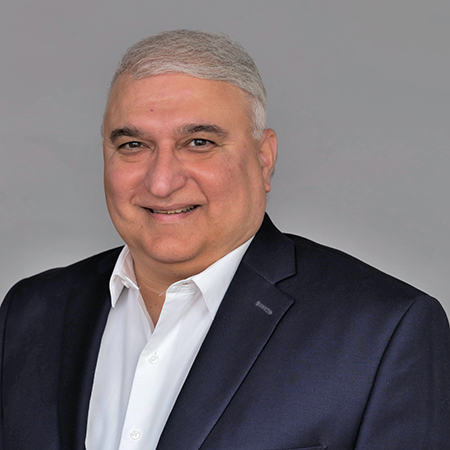
Firdaus Dhabbar
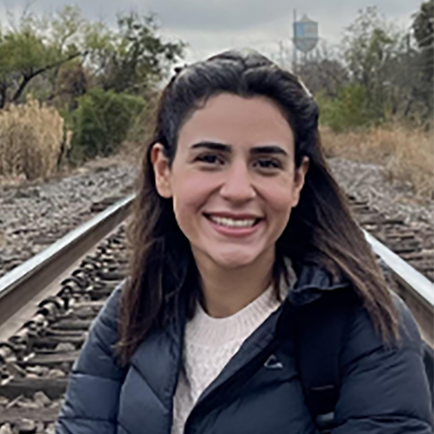
Shiva Ashtari
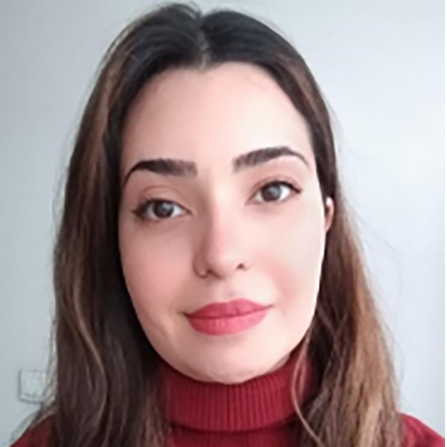
Parisa Foroudian
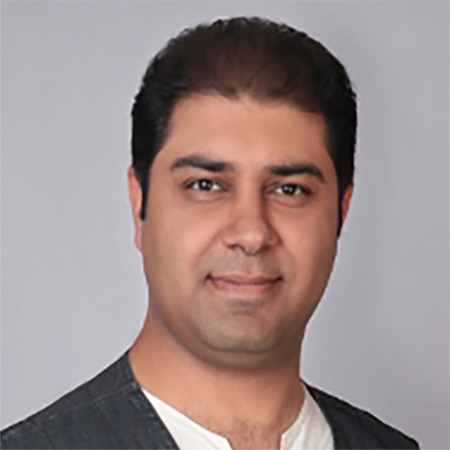
Radman Khorishidian
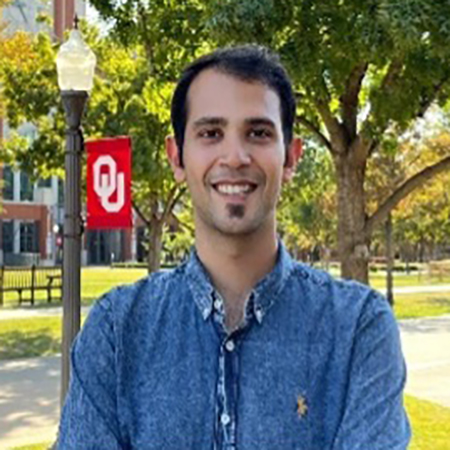
Siavash Mandegari
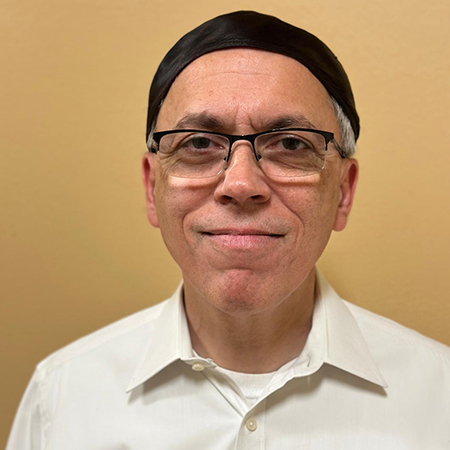
Barjor Dastur
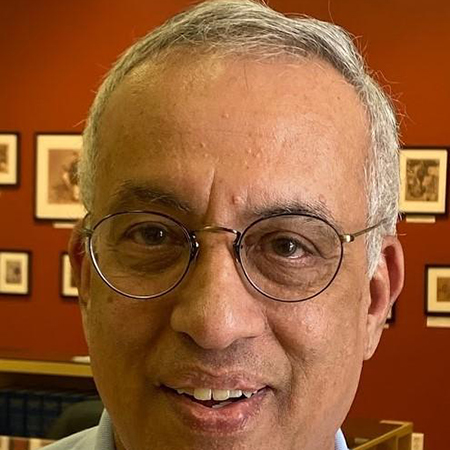
Mehryar Rivetna
Khorshed Jungalwala Memorial Lecture: Professor Miguel Ángel Andrés-Toledo
Professor Miguel Ángel Andrés-Toledo as the distinguished speaker shall deliver the Khorshed Jungalwala Memorial Lecture.
Title
O Youth of Good Thoughts, Good Words, Good Deeds, and Good Religion: Young Zoroastrians, from the Past to the Future.
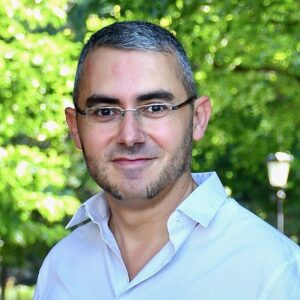 In his talk titled “O Youth of Good Thoughts, Good Words, Good Deeds, and Good Religion: Young Zoroastrians, from the Past to the Future,” Professor Miguel Ángel Andrés-Toledo will delve into the pivotal role young Zoroastrians have played throughout history. Drawing from key texts in Avestan, Pahlavi, New Persian, Sanskrit, and Gujarati, he will explore how these texts highlight the significant contributions of young Zoroastrians in shaping Zoroastrian identity and preserving our heritage for future generations. Attendees can expect a thought-provoking and enlightening discussion that bridges the past with the present and future of Zoroastrianism.
In his talk titled “O Youth of Good Thoughts, Good Words, Good Deeds, and Good Religion: Young Zoroastrians, from the Past to the Future,” Professor Miguel Ángel Andrés-Toledo will delve into the pivotal role young Zoroastrians have played throughout history. Drawing from key texts in Avestan, Pahlavi, New Persian, Sanskrit, and Gujarati, he will explore how these texts highlight the significant contributions of young Zoroastrians in shaping Zoroastrian identity and preserving our heritage for future generations. Attendees can expect a thought-provoking and enlightening discussion that bridges the past with the present and future of Zoroastrianism.
Prof. Andrés-Toledo is the FEZANA Professor of Zoroastrian Languages and Literatures at the Department of Near and Middle Eastern Civilizations at the University of Toronto. He has a rich academic background spanning prestigious institutions like the University of Salamanca, Hebrew University of Jerusalem, University of Copenhagen, and Free University of Berlin.
With extensive experience in Old and Middle Iranian languages and literatures, Zoroastrianism, and Indo-Iranian linguistics, including notable contributions to projects like the Avestan Digital Archive and the Middle Persian Dictionary Project, his expertise is widely recognized.
Professor Andrés-Toledo has been teaching in-person and online courses on Zoroastrian languages and literatures, and other related topics, for almost two decades at several international universities. As the FEZANA Professor at the University of Toronto, he offers courses on Avestan, Old Persian, Middle Persian (Pahlavi), and Zoroastrian Literature of Ancient and Late Antique Iran, and will expand the training of students with other specific courses on these languages and literatures.
Many Flames Build a Fire: Voices on Faith and Spirituality
Title
Many Flames Build a Fire: Voices on Faith and Spirituality
Abstract
Embark on a profound exploration with us as we delve into the tapestry of past Zoroastrian practices, tracing the footsteps of our ancestors and predecessors. Across generations, our parents and grandparents imparted sacred rituals and traditions, steeped in reverence of wisdom from centuries past. Yet, as we stand on the threshold of the 21st century, the winds of change sweep across continents, reshaping the landscape of Zoroastrian practice, particularly in the vibrant melting pot of North America.
In this dynamic exchange, our panel ventures into the heart of this evolution, probing the intricate duality between tradition and innovation. With each passing year, the community grapples with the challenge of preserving ancestral heritage while embracing the imperatives of modernity and cultural adaptation. What once defined the contours of Zoroastrian practice may no longer suffice in the complex mosaic of contemporary life.
As we navigate this juncture of transition, profound questions emerge, beckoning us to explore the contours of our faith anew. What novel practices and adaptations will emerge as we endeavor to root ourselves in ancient wisdom while responding to the demands of our ever-changing world? Our panelists, drawing from diverse backgrounds and experiences, embark on a quest to unravel the intricacies of Zoroastrian practice in the 21st century.
With keen insight and introspection, we examine the who, what, when, where, and how of our faith, probing the depths of tradition and innovation. Each voice contributes to a rich tapestry of dialog, weaving together threads of continuity and change. Together, let us contemplate the essence of modern Zoroastrian practice, charting a course that honors the legacy of our ancestors while embracing the promise of tomorrow.
Moderator
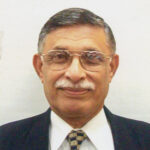 Brigadier Ervad Behram Panthaki is a soldier and a priest – both remembered only in times of crisis! During his army career, spanning over 30 years, he was deployed on the China and Pakistan borders, fought insurgency in the eastern states of India and Punjab, and had four deployments in Jammu & Kashmir along the Line of Control, including one at the Division Headquarters in Ladakh that controls operations on the Siachen Glacier.
Brigadier Ervad Behram Panthaki is a soldier and a priest – both remembered only in times of crisis! During his army career, spanning over 30 years, he was deployed on the China and Pakistan borders, fought insurgency in the eastern states of India and Punjab, and had four deployments in Jammu & Kashmir along the Line of Control, including one at the Division Headquarters in Ladakh that controls operations on the Siachen Glacier.
Among several of his appointments, the one he covets most is ADC (Aide-de-Camp) to Field Marshal Sam Manekshaw, Chief of the Army Staff, the master planner, and executor of the 1971 war with Pakistan that resulted in the creation of Bangladesh. In 1994, he opted for early retirement to join his family in the US.
On arrival, he was presented with an opportunity to serve the Zoroastrian community of the tri-state Washington area. He also worked towards making the Zoroastrian faith better understood by speaking at universities, churches, and schools. Until recently, Brigadier Panthaki was the Director of Human Resources at The Kingsbury Center, a non-profit organization that provides special education to differently abled individuals.
With his wife Zenobia, he has co-authored a coffee-table book titled ‘Field Marshal Sam Manekshaw, The Man and His Times’. The book is dedicated to men in uniform who laid down their lives defending India and to their widows whose sacrifice is in equal measure. Each year they donate the entire royalty to the War Wounded Foundation and War Widows Association of India.
Speaker
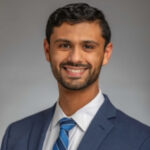 Rayomand Katrak grew up in the suburbs of Houston, Texas where he has been involved with the Zoroastrian Association of Houston from a young age. He became a fully ordained Ervard in 2007 and has participated in numerous muktads, jashans, navjotes, and wedding ceremonies for his community. He served as the Youth Group President as a senior in high school and was vital in increasing youth involvement at the ZAH. He has participated in the 5th World Zoroastrian Youth Congress in Vancouver, Canada. He has also participated in and served as the co-chair of the annual Z-Camp held at the ZAH. He is currently the Youth Programs Co-Chair for the 18th North American Zoroastrian Congress. Rayomand attended Baylor University for his undergraduate studies and went to medical school at Texas A&M. He is currently a third-year family medicine resident at Memorial Family Medicine Residency Program. He has previously served on the admissions committee and is currently one of the Chief Residents. Outside of his professional life, Rayomand enjoys traveling to new countries and exploring new restaurants with his wife, Natalya, who he met at the ZAH!
Rayomand Katrak grew up in the suburbs of Houston, Texas where he has been involved with the Zoroastrian Association of Houston from a young age. He became a fully ordained Ervard in 2007 and has participated in numerous muktads, jashans, navjotes, and wedding ceremonies for his community. He served as the Youth Group President as a senior in high school and was vital in increasing youth involvement at the ZAH. He has participated in the 5th World Zoroastrian Youth Congress in Vancouver, Canada. He has also participated in and served as the co-chair of the annual Z-Camp held at the ZAH. He is currently the Youth Programs Co-Chair for the 18th North American Zoroastrian Congress. Rayomand attended Baylor University for his undergraduate studies and went to medical school at Texas A&M. He is currently a third-year family medicine resident at Memorial Family Medicine Residency Program. He has previously served on the admissions committee and is currently one of the Chief Residents. Outside of his professional life, Rayomand enjoys traveling to new countries and exploring new restaurants with his wife, Natalya, who he met at the ZAH!
Speaker
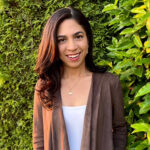 Born in New York and raised in Vancouver, Rozmin Irani earned her Bachelor’s in Kinesiology and Master’s in Occupational Therapy from the University of British Columbia. Previously specializing in neurosciences at Vancouver Coastal Health, Rozmin currently serves on the provincial Leukemia and Bone Marrow Transplant Program. As an occupational therapist, she shares her knowledge and skills to enable people of all ages to live life to its fullest by helping them promote holistic health, and prevent or live better with injury, illness, or disability. Rozmin is also an instructor at Langara College where she teaches about the importance of physical activity, health, and wellness. Committed to creating a positive ripple effect in her community, Rozmin has dedicated over eight years to volunteering with numerous non-profit organizations that foster improvement in the quality of life for others.
Born in New York and raised in Vancouver, Rozmin Irani earned her Bachelor’s in Kinesiology and Master’s in Occupational Therapy from the University of British Columbia. Previously specializing in neurosciences at Vancouver Coastal Health, Rozmin currently serves on the provincial Leukemia and Bone Marrow Transplant Program. As an occupational therapist, she shares her knowledge and skills to enable people of all ages to live life to its fullest by helping them promote holistic health, and prevent or live better with injury, illness, or disability. Rozmin is also an instructor at Langara College where she teaches about the importance of physical activity, health, and wellness. Committed to creating a positive ripple effect in her community, Rozmin has dedicated over eight years to volunteering with numerous non-profit organizations that foster improvement in the quality of life for others.
Her focus has been on research and universal accessibility for individuals with spinal cord injuries, coaching young adults with developmental disabilities, mental health advocacy, and cultural diversity and inclusion advising. She supports her local Zoroastrian Society of British Columbia and is passionate about youth empowerment, presenting at the London Youth Congress. She has also served on various committees with the Zoroastrian Youth of North America including being a previous Co-Chair for Outreach and Communications. In her spare time, Rozmin enjoys photography, cooking, dancing and traveling.
Speaker
 Originally from Philadelphia, Burges Unwalla resides in Boston and works in private equity searching for businesses to acquire and operate. He studied chemical engineering at Penn State and recently graduated with his MBA from the University of Virginia. In 2004, he was fortunate enough to undergo his Navar ceremony in Udvada and those experiences helped inform his views on religion to this day. Outside of work, you can find Burges in the kitchen making some of his favorite Parsi dishes (dhansak being at the top of the list), cheering on Philly sports teams, or trying to perfect his golf swing.
Originally from Philadelphia, Burges Unwalla resides in Boston and works in private equity searching for businesses to acquire and operate. He studied chemical engineering at Penn State and recently graduated with his MBA from the University of Virginia. In 2004, he was fortunate enough to undergo his Navar ceremony in Udvada and those experiences helped inform his views on religion to this day. Outside of work, you can find Burges in the kitchen making some of his favorite Parsi dishes (dhansak being at the top of the list), cheering on Philly sports teams, or trying to perfect his golf swing.
Embrace the Future: Initiating Athravans and Consecrating Atash Kadehs in North America
Title
Embrace the Future: Initiating Athravans and Consecrating Atash Kadehs in North America
Abstract
Mobeds play a leading role in the evolution of Zoroastrian existence on the North American continent. In addition to their Mobed training, their professionalism in their respective academic, scientific, and business fields has equipped them to lead their congregations in Zoroastrian religious and spiritual matters. They have positioned themselves to serve, guide, educate and lead the community to preserve and promote Zoroastrianism.
Meet the North American Mobeds as they unveil their new and bold initiative to ordain Athravans in North America. Engage with them to comprehend their vision of training and initiating the future generation of Zoroastrian clergy to serve the changing needs of the Zoroastrian population on this continent. Don’t be surprised if this new initiative inspires you to serve your community as an Athravan.
Learn from their knowledge and wisdom about how Zoroastrians can take a giant leap in establishing a consecrated Atash Adaran (an elevated grade of Holy Fire) in North America.
Take this unique opportunity to enquire, learn, and engage with our religious and spiritual guides, our respected Mobeds.
Speaker

Following rigorous religious training at the M.F. Cama Athornan Institute under Dasturji Dr. Firoze M Kotwal, Tehemton Mirza was ordained Navar, Maratab and Saamel at Iranshah Ateshbehram in Udvada. His professional career took him from Mumbai to Iran to Indonesia, and he finally settled in London, Ontario, Canada.
A CPA by profession, he has enjoyed being a recreational pilot and a marathoner in his spare time. As a Mobed, Tehemton volunteers religious and spiritual services to Zoroastrians in Southwestern Ontario and Michigan. Tehemton has taught courses, published articles, and spoken on Zoroastrian topics at Zoroastrian Associations and Congresses throughout North America. Tehemton currently serves as the President of the North American Mobeds Council and heads the NAMC Institute of Zoroastrian Studies.
Speaker
 Khushrav Nariman is a seasoned Executive and Consultant in the Oil & Gas and Chemical industries, with a wealth of experience in diverse strategic and operational roles. Currently, he serves on the Board of Aecus Inc., a company dedicated to acquiring and managing refining and logistics assets. Additionally, he consults with clients on strategic and growth initiatives. Khushrav’s career includes 24 years with McKinsey & Company, Inc., and 8 years with ExxonMobil.
Khushrav Nariman is a seasoned Executive and Consultant in the Oil & Gas and Chemical industries, with a wealth of experience in diverse strategic and operational roles. Currently, he serves on the Board of Aecus Inc., a company dedicated to acquiring and managing refining and logistics assets. Additionally, he consults with clients on strategic and growth initiatives. Khushrav’s career includes 24 years with McKinsey & Company, Inc., and 8 years with ExxonMobil.
At McKinsey, he was a leading Partner in the Houston office, advising senior clients in the Oil and Petrochemical sectors. He also established and led McKinsey’s Global Downstream Strategy and Operations service line, specializing in strategy, operations, digital/advanced analytics, and market dynamics. His extensive experience in operations improvement and transformation was a significant asset to his clients. During his tenure at ExxonMobil, Khushrav worked at the Paulsboro refinery and at the company’s headquarters in Fairfax, Virginia, where he held various strategic and operational roles.
Khushrav holds a Ph.D. in Chemical Engineering from the University of Delaware and a Diploma in Business Management from the Wharton School, University of Pennsylvania. He has also served as the Chairman and is currently on the Board of the Gulf Coast Regional Blood Center in Houston. Additionally, he is the current Chairman of the Bhandara Atash Kadeh Management Committee.
Speaker
 Brigadier Ervad Behram Panthaki is a soldier and a priest – both remembered only in times of crisis! During his army career, spanning over 30 years, he was deployed on the China and Pakistan borders, fought insurgency in the eastern states of India and Punjab.
Brigadier Ervad Behram Panthaki is a soldier and a priest – both remembered only in times of crisis! During his army career, spanning over 30 years, he was deployed on the China and Pakistan borders, fought insurgency in the eastern states of India and Punjab.
He had four deployments in Jammu & Kashmir along the Line of Control, including one at the Division Headquarters in Ladakh that controls operations on the Siachen Glacier.
Among several of his appointments, the one he covets most is ADC (Aide-de-Camp) to Field Marshal Sam Manekshaw, Chief of the Army Staff, the master planner, and executor of the 1971 war with Pakistan that resulted in the creation of Bangladesh. In 1994, he opted for early retirement to join his family in the US.
On arrival, he was presented with an opportunity to serve the Zoroastrian community of the tri-state Washington area. He also worked towards making the Zoroastrian faith better understood by speaking at universities, churches, and schools. Until recently, Brigadier Panthaki was the Director of Human Resources at The Kingsbury Center, a non-profit organization that provides special education to differently abled individuals.
With his wife Zenobia, he has co-authored a coffee-table book titled ‘Field Marshal Sam Manekshaw, The Man and His Times’. The book is dedicated to men in uniform who laid down their lives defending India and to their widows whose sacrifice is in equal measure. Each year they donate the entire royalty to the War Wounded Foundation and War Widows Association of India.
Speaker
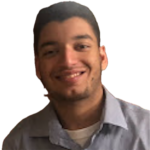 Porus Cyrus Pavri completed his Navar at the Bai Motlibai Wadia Agiary in Malcolm Baug, Jogeshwari, Bombay in 2016. He returned in 2019 to complete his Martab. Since then, he has actively served the Zoroastrian community through the Zoroastrian Association of Greater New York (ZAGNY) and become an active member of the North American Mobeds Council (NAMC).
Porus Cyrus Pavri completed his Navar at the Bai Motlibai Wadia Agiary in Malcolm Baug, Jogeshwari, Bombay in 2016. He returned in 2019 to complete his Martab. Since then, he has actively served the Zoroastrian community through the Zoroastrian Association of Greater New York (ZAGNY) and become an active member of the North American Mobeds Council (NAMC).
Shortly after becoming a Martab, Porus began volunteering to teach Kasti prayers to children. Born with hemophilia, a genetic bleeding disorder, Porus has faced numerous challenges from a young age. He is deeply involved with the New York City Hemophilia Chapter, advocating and raising funds for the cause. Along with his sister, he initiated a local walk, Allendale Supports Hemophilia, gaining support from his local community, raising over $70,000 in total. He has also traveled to Washington, D.C., to share his story and advocate for policy changes benefiting those with bleeding disorders.
Despite these obstacles, Porus has excelled academically, earning a place on the Rutgers University Dean’s List. He is currently an incoming sophomore and an Exercise Science major, aspiring to become a physical therapist. His dedication to health and fitness, personal experience with hemophilia, and commitment to community service fuel his passion for the field. Porus has also earned the highest award of Eagle Scout through the Boy Scouts of America and the Good Life Award through ZAGNY.
Sustainable Philanthropy
Title
Sustainable Philanthropy
Abstract
Philanthropy is the practice of giving money, time, and other resources for the betterment of society and for the greater good of our communities. Sustainable philanthropy, also known as impactful philanthropy, is a set of principles and strategies designed to create sustainable and scalable solutions to challenges facing our community.
Traditional philanthropy can only create results that allocated capital can support. Sustainable Philanthropy focuses on creating more complete and enduring outcomes. Rather than focusing on a short-term solution of an issue, it focuses on the long-term success of a cause. Sustainable philanthropy is not just about giving to a cause. It’s about making a difference that is lasting.
In this panel session on sustainable philanthropy, we will explore its key elements and benefits, its difference from traditional forms of giving, its impact and how Sustainable Philanthropy can be practiced providing much needed assistance to Zoroastrians in North America and for the greater good of our community at large.
Speaker
 Behram Irani, CEO of The Information Store, has spent his entire career in the energy industry. Mr. Irani’s experience has placed him on boards of various companies, banks and nonprofit organizations. He has served as a distinguished lecturer for the Society of Petroleum Engineers, as a geoscience lecturer at University of Texas at Dallas and as lecturer in continuing education at Southern Methodist University. He has BS and MS degrees in Petroleum Engineering from The University of Oklahoma and is a recipient of OU Regent’s alumni award. He is a graduate of the Harvard Business School Program for Management Development and is a registered professional engineer in Texas.
Behram Irani, CEO of The Information Store, has spent his entire career in the energy industry. Mr. Irani’s experience has placed him on boards of various companies, banks and nonprofit organizations. He has served as a distinguished lecturer for the Society of Petroleum Engineers, as a geoscience lecturer at University of Texas at Dallas and as lecturer in continuing education at Southern Methodist University. He has BS and MS degrees in Petroleum Engineering from The University of Oklahoma and is a recipient of OU Regent’s alumni award. He is a graduate of the Harvard Business School Program for Management Development and is a registered professional engineer in Texas.
Besides the energy industry, Behram has been actively engaged in the nonprofit world for over 40 years. Serving on boards of nonprofit organizations, he recognized the importance of fundraising and consequently educated himself in the art and science of charitable giving and fundraising. Mr. Irani is committed to working with nonprofit organizations and spends a considerable amount of time guiding, training and assisting nonprofit organizations with their fundraising activities. Behram believes that “The lifeblood of nonprofit organizations is the availability of sufficient funds to be able to carry out their stated missions, which in turn is based on their capacity to raise the required funds in a timely manner”.
Speaker
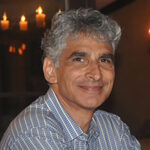 As a part of the first group of American born Zoroastrians, Cyrus Irani has experienced the North American Zoroastrian journey, through both highs and lows, with the slow but growing recognition that American Zoroastrians have created their own unique diaspora, unbound by Persian and Indian dogma and norms.
As a part of the first group of American born Zoroastrians, Cyrus Irani has experienced the North American Zoroastrian journey, through both highs and lows, with the slow but growing recognition that American Zoroastrians have created their own unique diaspora, unbound by Persian and Indian dogma and norms.
Fortunately, with an abundance of Zoroastrian role models who thrived, without scarcity or fear, Cyrus saw the awesome capabilities of what true Gathas-based Zoroastrianism accomplishes by putting into practice Asho Zarathustra’s principles, not bounded by discrimination, prejudice, or notions of superiority.
Professionally, Cyrus’ career in technology evolved with the rapid progress of innovation, contributing to how technological advancements have changed our lives. His education and business track record as a CEO/President is based on a foundation of executive roles in not only R&D Management, but also Product Management, Business Development, Professional Services, Marketing, Customer Support, and Sales, including taking a company public on the NASDAQ. His diversified history ranges from Fortune 500 companies (Xerox, AT&T Teradata) to startups/SMBs (Retix, Vertel, Strix, EchoMobile, and MetroGuild) across multiple business domains, constantly reinventing himself (progressive mentality) to best achieve results within organizations and resources at hand.
Cyrus is currently on the Zarathustrian Assembly Board of Trustees, alongside his father, Darius Irani, and other esteemed board members. The Darius Irani family aggressively pursues Zoroastrianism in North American exclusively based on the principles in Zarathustra’s own words as stated in the Gathas.
Speaker
 Dr. Leilah Vevaina is an Assistant Professor of Anthropology at the Chinese University of Hong Kong. She was born in Bombay and grew up in the United States. After receiving her PhD in Social Anthropology Leilah embarked on a multi-year research project that culminated in her book Trust Matters: Parsi Endowments in Mumbai and the Horoscope of a City (Duke University Press). It focuses on religious endowments and the trust as a mechanism of property management in the city. Her research lies in the intersection of urban property and religious life within the legal regimes of contemporary India. She has conducted fieldwork in Mumbai, India and Hong Kong, with specific focus on the Zoroastrian community.
Dr. Leilah Vevaina is an Assistant Professor of Anthropology at the Chinese University of Hong Kong. She was born in Bombay and grew up in the United States. After receiving her PhD in Social Anthropology Leilah embarked on a multi-year research project that culminated in her book Trust Matters: Parsi Endowments in Mumbai and the Horoscope of a City (Duke University Press). It focuses on religious endowments and the trust as a mechanism of property management in the city. Her research lies in the intersection of urban property and religious life within the legal regimes of contemporary India. She has conducted fieldwork in Mumbai, India and Hong Kong, with specific focus on the Zoroastrian community.
In addition to her focus on Zoroastrian global philanthropic networks, Leilah is currently researching Zoroastrian death rituals and their legal and funerary infrastructures for a new book on necro finance, death and diaspora. Her forthcoming project seeks to research the connection between gambling and charity in history and contemporary of Hong Kong.
Leilah is the founding Director of the South Asia from Asia Initiative at Chinese University which aims to bring together research and teaching on South Asia in Hong Kong in collaboration with other departments and university partners.
Valor and Virtue: Zoroastrian Leadership in Military and Civil Service
Title
Valor and Virtue: Zoroastrian Leadership in Military and Civil Service
Abstract
In examining the role of Zoroastrians in military and civil service, we delve into a fascinating intersection of faith and duty. Rooted in the ancient teachings of Zarathustra, Zoroastrianism advocates values of righteousness, truth, and the eternal struggle between good and evil. But how does this rich religious theory harmonize with the demands of military and civil service, and what unique leadership potential does it offer? Who is the next Field Marshal Manekshaw or Secretary of State from our community and how does Gen Z use military and civil service to help propel Zarathushti resurgence?
Zoroastrianism, with its emphasis on ethical conduct and the pursuit of justice, provides a profound framework for military and civil service. The commitment to righteousness and the defense of the innocent aligns closely with the responsibilities of soldiers and civil servants. In the face of adversity, Zoroastrian teachings offer resilience and the moral fortitude to uphold principles even in the most challenging circumstances.
Moreover, military and civil service instills individuals with a unique set of skills and experiences that can enhance their leadership potential within the Zoroastrian community and beyond. The discipline, strategic thinking, and sense of duty cultivated in the military and civil services are invaluable assets in positions of leadership, whether within service institutions or in the broader society.
As we explore the role of Zoroastrians in military and civil service, it becomes evident that their faith not only informs their actions but also enriches their contributions to leadership roles. By upholding the principles of righteousness and service, Zoroastrians exemplify the potential for synergy between religious theory and practical engagement. These qualities foster leaders who are not only guided by their convictions but also equipped to inspire and lead others towards a brighter future.
Moderator
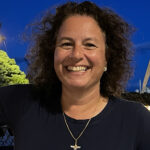 Keshwar Buhariwalla is an active member of the Zoroastrian Association of North Texas (ZANT). She has served in various board positions at ZANT and was part of the team that built the Zoroastrian Center in North Texas.
Keshwar Buhariwalla is an active member of the Zoroastrian Association of North Texas (ZANT). She has served in various board positions at ZANT and was part of the team that built the Zoroastrian Center in North Texas.
Keshwar served as an officer in the U.S. Army Corps of Engineers for four years. Her military service taught her the meaning of “work ethic” and “mission accomplishment” – principles that have guided her throughout her life. Over the past 25 years, she has had the privilege to serve in various non-profit board positions that have been both fulfilling and impactful.
She is grateful to her parents Adi and Arnavaz Vakharia, who brough the family to the U.S. and allowed all of them to flourish in this new country. Keshwar and her husband Kali are the parents of three young men: Zaal, Cyrus, and Hormuz. Their family life is enriched by shared values and commitment to community service. Her journey, marked by military service, community involvement, and family, reflects a life dedicated to service.
Speaker
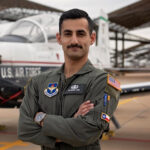 Rayomand Bam was born and raised in Flower Mound, Texas, a suburb of the Dallas – Fort Worth metroplex. He graduated from the United States Air Force Academy in 2022 with a Bachelor of Science in Physics. While there, he held various leadership roles within the Cadet Wing from the squadron to the group level.
Rayomand Bam was born and raised in Flower Mound, Texas, a suburb of the Dallas – Fort Worth metroplex. He graduated from the United States Air Force Academy in 2022 with a Bachelor of Science in Physics. While there, he held various leadership roles within the Cadet Wing from the squadron to the group level.
Rayomand was a leading member of the FalconNeuro project, an experiment to test a new type of sensor against ballistic missile threats. Based on the human eye, the technology is called neuromorphic cameras, and it focuses on changing levels of brightness between microsecond time intervals to activate individual pixels. The FalconNeuro was focused on drastically reducing the data required to transmit for space-based intelligence satellites, as their current capabilities require high data rates, high power, and massive cooling systems.
After graduation, he was selected to attend the Air Force Institute of Technology at Wright Patterson Air Force Base, Dayton, OH. There he earned a Master of Engineering in Systems Engineering, focusing primarily on Nuclear Systems within the Air Force. His research primarily focused on the systems that the U.S. employs to defend the lower 48 from a potential ballistic missile attack, the limitations and advantages of those systems, and what would be required to defend against a peer level adversary. He is currently an Undergraduate Pilot Training student at Vance Air Force Base, OK.
Speaker
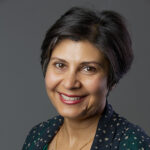 Huban A. Gowadia was born and raised in India. She studied Aerospace Engineering at the University of Alabama. After obtaining a doctorate in Mechanical Engineering from Pennsylvania State University, she joined the Federal Aviation Administration as a civil servant and has spent almost 25 years serving national security missions.
Huban A. Gowadia was born and raised in India. She studied Aerospace Engineering at the University of Alabama. After obtaining a doctorate in Mechanical Engineering from Pennsylvania State University, she joined the Federal Aviation Administration as a civil servant and has spent almost 25 years serving national security missions.
Currently, as the Principal Associate Director for Global Security at Lawrence Livermore National Laboratory (LLNL), Huban is responsible for programs that support international and domestic security, including overseeing LLNL responsibilities in intelligence analysis; energy and homeland security; and countering nuclear, chemical, biological, and explosive threats.
In her previous role as Acting Administrator at the Transportation Security Administration (TSA), she led a workforce of more than 60,000 employees charged with protecting our critical transportation systems and the traveling public. Prior to that she served as the Presidentially appointed Director of the Domestic Nuclear Detection Office at the Department of Homeland Security.
Speaker
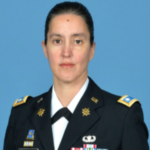 Cainaz Vakharia recently retired from the United States Army after 30 years on active duty. She graduated from Tulane University and was commissioned in the Military Intelligence branch. She served in Germany, Turkey, South Korea and Oklahoma and then transitioned to a specialization in South Asia.
Cainaz Vakharia recently retired from the United States Army after 30 years on active duty. She graduated from Tulane University and was commissioned in the Military Intelligence branch. She served in Germany, Turkey, South Korea and Oklahoma and then transitioned to a specialization in South Asia.
She learned Hindi and Urdu, attended the Indian Defence Services Staff College for 10 months, and then completed a masters in South Asian Studies at Johns Hopkins University. Her South Asia-related assignments include various positions at the Pentagon; U.S. Embassy Islamabad (security cooperation); U.S. Embassy Dhaka (Defense Attaché); U.S. Embassy New Delhi (Army Attaché); and the State Department (Senior Military Advisor for South Asia).
She has traveled extensively with the military, but Washington D.C. has served as a home base. She is married to Michael Heaton, a retired Army officer, and they have three amazing children: Kashmira, Aryana and Zubin. They are members of the Zoroastrian Association of Metropolitan Washington, Inc. (ZAMWI), and this has brought a strong sense of community to their family’s lives.
Cainaz truly believes that life is service and looks forward to this next chapter of seeking new ways to serve and propel our community.
Harnessing Good Stress and Minimizing Bad Stress: Wisdom from Ancient Zoroastrianism to Modern Science
Title
Harnessing Good Stress and Minimizing Bad Stress: Wisdom from Ancient Zoroastrianism to Modern Science
Abstract
In contrast to the harmful effects of chronic or BAD stress, novel research has shown that your fight-or-flight response, or GOOD stress, has beneficial effects that can enhance your ability to overcome threat or challenge. This session is designed to help Congress attendees learn about ways in which one can maximize the beneficial effects of good stress and minimize/eliminate the deleterious effects of bad stress. We will draw lessons from modern science combined with the profound teachings of Zoroastrianism from thousands of years ago that are amazingly applicable today. This session is likely to be helpful for individuals from all walks of life including those trained/interested in the arts, humanities, sciences, engineering, medicine, social sciences, or vocational trades, and audiences of all ages including students, professionals, retirees, septuagenarians and beyond. Our goals will be to:
- Define stress
- Understand how short-term stress can enhance health, healing, and mental/physical performance
- Understand how chronic stress harms mind and body by accelerating/exacerbating factors such as aging, obesity, inflammation, anxiety and depression
- Demonstrate how modern science and ancient Zoroastrian teachings can help you optimize your Stress Spectrum to harness good stress, minimize/eliminate bad stress, and maximize health, performance, and well-being for yourself, as well as your friends and loved ones.
Speaker
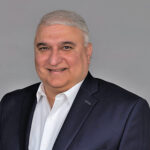 Dr. Firdaus Dhabhar, an ordained Zoroastrian priest, is a professor in the Departments of Psychiatry, Immunology, and the Sylvester Cancer Center at the University of Miami Miller School of Medicine. He serves as Director of the Scholarly Concentration in Mind-Body Medicine. Dr. Dhabhar was recruited to the University of Miami from Stanford University. His research in psycho-neuro-endocrine-immunology has shown that the fight-or-flight stress response is Mother Nature’s fundamental survival system (good stress) that prepares us to deal with threat/challenge, and that the beneficial effects of good stress could be harnessed to enhance health/healing/performance. He also investigates mechanisms through which chronic stress/anxiety/depression have harmful effects on mind and body. Dr. Dhabhar has conceptualized the Stress Spectrum as a guide for maximizing the beneficial effects of good stress and ameliorating/eliminating the harmful effects of bad stress. He has spoken at numerous national/international conventions of clinicians/scientists, corporate audiences, patient/family support groups, and general audiences at TEDx, TEDSalon, and TEDMED. Dr. Dhabhar has received numerous honors and awards for research and teaching. He ranks in the top 0.1% of scientists/researchers worldwide. His scientific impact is rated “truly exceptional,” and his publications have garnered over 31,700 citations. Dr. Dhabhar loves teaching undergraduate, graduate, and medical students, and residents/fellows. He also engages in community outreach and enjoys sharing his research and its applications with diverse audiences ranging from elementary school to seniors. One of his dreams is to create a network that provides opportunities/resources to maximize authenticity with good thoughts/words/deeds, within and beyond the Zoroastrian community.
Dr. Firdaus Dhabhar, an ordained Zoroastrian priest, is a professor in the Departments of Psychiatry, Immunology, and the Sylvester Cancer Center at the University of Miami Miller School of Medicine. He serves as Director of the Scholarly Concentration in Mind-Body Medicine. Dr. Dhabhar was recruited to the University of Miami from Stanford University. His research in psycho-neuro-endocrine-immunology has shown that the fight-or-flight stress response is Mother Nature’s fundamental survival system (good stress) that prepares us to deal with threat/challenge, and that the beneficial effects of good stress could be harnessed to enhance health/healing/performance. He also investigates mechanisms through which chronic stress/anxiety/depression have harmful effects on mind and body. Dr. Dhabhar has conceptualized the Stress Spectrum as a guide for maximizing the beneficial effects of good stress and ameliorating/eliminating the harmful effects of bad stress. He has spoken at numerous national/international conventions of clinicians/scientists, corporate audiences, patient/family support groups, and general audiences at TEDx, TEDSalon, and TEDMED. Dr. Dhabhar has received numerous honors and awards for research and teaching. He ranks in the top 0.1% of scientists/researchers worldwide. His scientific impact is rated “truly exceptional,” and his publications have garnered over 31,700 citations. Dr. Dhabhar loves teaching undergraduate, graduate, and medical students, and residents/fellows. He also engages in community outreach and enjoys sharing his research and its applications with diverse audiences ranging from elementary school to seniors. One of his dreams is to create a network that provides opportunities/resources to maximize authenticity with good thoughts/words/deeds, within and beyond the Zoroastrian community.
Bridging the Gap: Preserving Zoroastrian Heritage with Gen Z
Title
Bridging the Gap: Preserving Zoroastrian Heritage with Gen Z
An Iranian Zoroastrian Youth Network (IZYN) Presentation
Abstract
Members of the Iranian Zoroastrian Youth Network (IZYN) seek to empower Generation Z Zoroastrians globally to shape a contemporary, unified identity.
Gen Z Zoroastrians are tech-savvy, innovative, and critical thinkers who connect and collaborate better than ever before, thanks to media and the internet. They are avid travelers, eager to explore the world and understand diverse cultures, building communities based on new shared values, embracing multiculturalism, and striving for the best.
The primary challenge Gen Z Zoroastrian’s face is identity fragmentation, as they navigate various cultures in their quest to define themselves. However, by harnessing their cultural experiences to enrich their Zoroastrian heritage, they can forge a contemporary culture for the future Zoroastrian community.
In this session, we will share ideas to help Gen Z Zoroastrians navigate cultural conflicts and integrate various cultural aspects from their past, national, and religious identities. We will outline IZYN’s strategic approach to bridging the generational gap and cultivating deep-rooted connections to the Zoroastrian heritage. Potential initiatives such as media production, historical exhibitions, translation projects, and educational programs will be proposed to effectively communicate the value of this heritage. We will end by showcasing the IZYN website and inviting Gen Z Zoroastrians to join us post NAZC 2024 in collaborating to ignite a spark for a thriving Zoroastrian community through engagement in the IZYN project titled The Yazd Cultural and Heritage Resort.
Moderator/Speaker
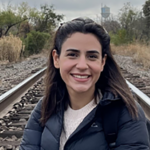 Shiva Ashtari has a bachelor’s degree in industrial engineering from Azad University of Tehran-North and is now pursuing a master’s degree in industrial and systems engineering at the University of Oklahoma. She served as a board member of the Zoroastrian Students Association for 2 years and was an active member for 4 years. In Iran, she worked for Arnika Company in Human Resources and the financial department and ran her own business as a florist. Shiva plans to return to Iran and work to improve the quality of life for Zoroastrians.
Shiva Ashtari has a bachelor’s degree in industrial engineering from Azad University of Tehran-North and is now pursuing a master’s degree in industrial and systems engineering at the University of Oklahoma. She served as a board member of the Zoroastrian Students Association for 2 years and was an active member for 4 years. In Iran, she worked for Arnika Company in Human Resources and the financial department and ran her own business as a florist. Shiva plans to return to Iran and work to improve the quality of life for Zoroastrians.
Speaker
 Parisa Foroudian, has a bachelor’s degree in computer software engineering from Shariaty University. Over the past three years, she has learned a lot about business and entrepreneurship, which led her to join IZYN. She already has a business in social media marketing with a videography studio in Tehran to create multimedia content. Also, living in Zoroastrian community in Iran, she helps Zoroastrian youth by teaching them digital marketing strategies to improve financially.
Parisa Foroudian, has a bachelor’s degree in computer software engineering from Shariaty University. Over the past three years, she has learned a lot about business and entrepreneurship, which led her to join IZYN. She already has a business in social media marketing with a videography studio in Tehran to create multimedia content. Also, living in Zoroastrian community in Iran, she helps Zoroastrian youth by teaching them digital marketing strategies to improve financially.
Speaker
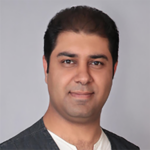 Radman Khorishidian is a Zoroastrian futurist, social entrepreneur, and life coach with a master’s in social foresight from the University of Trento, Italy. His research on the future of the Zoroastrian community in Iran led to his presentation of the “Zoroastrian Intentional Communities Network” at the 11th WZC. Founder of Raynaag, he develops professional talent and entrepreneurs, especially Zoroastrians in Iran. His Khishkari (life purpose) course has reached 500 people in Iran.
Radman Khorishidian is a Zoroastrian futurist, social entrepreneur, and life coach with a master’s in social foresight from the University of Trento, Italy. His research on the future of the Zoroastrian community in Iran led to his presentation of the “Zoroastrian Intentional Communities Network” at the 11th WZC. Founder of Raynaag, he develops professional talent and entrepreneurs, especially Zoroastrians in Iran. His Khishkari (life purpose) course has reached 500 people in Iran.
Speaker
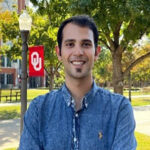 Siavash Mandegari, a PhD student at the University of Oklahoma, is deeply involved in sustainable development research and social systems. He coordinates the Iranian Zoroastrian Youth Network (IZYN) with Farrokh Mistree, aiming to enhance Zoroastrian youth engagement globally. He has also been an active member of the Zoroastrian Students Association in Tehran, serving as Chair, and previously worked as a Project Manager at an IT company.
Siavash Mandegari, a PhD student at the University of Oklahoma, is deeply involved in sustainable development research and social systems. He coordinates the Iranian Zoroastrian Youth Network (IZYN) with Farrokh Mistree, aiming to enhance Zoroastrian youth engagement globally. He has also been an active member of the Zoroastrian Students Association in Tehran, serving as Chair, and previously worked as a Project Manager at an IT company.
Zoroastrian Ceremonies
Title
Zoroastrian Ceremonies
Abstract
At the heart of Zoroastrian tradition lies a tapestry woven with the threads of ritual and ceremony, each laced with profound significance and ancient wisdom. Yet, amidst the rhythm of these sacred observances, do we truly grasp the depth of their meaning and historical legacy? This exploration beckons us to journey beyond mere observation, delving into the essence of our ancestral practices to uncover their timeless relevance and enduring resonance.
As participants in these rituals, we traverse a diverse landscape of experiences, from the sanctity of the Navjote ceremony, marking the initiation into the Zoroastrian faith, to the joyous union of marriage, where two souls intertwine in a bond of love and commitment. Each event, steeped in symbolism and tradition, serves as a cornerstone in the journey of life, uniting us in shared experiences and communal celebration.
The arrival of Navroze and the vibrant Haft Seen table heralds the dawn of a new year, a time of renewal and rejuvenation as we gather with loved ones to welcome the spring equinox. Meanwhile, the solemnity of the Jashan and the festive spirit of the Gahambar festivals invite us to pause and reflect on the cyclical nature of existence, offering gratitude for the bounties of nature and the blessings of community.
Amidst these cherished traditions, the Gara and Dagli stand as poignant reminders of our cultural heritage, weaving together threads of identity and belonging. Through the intricate embroidery of the Gara and the solemn grace of the Dagli, we honor our ancestors and pay homage to the timeless traditions that bind us together as a community.
Join us on this journey of rediscovery as we unravel the rich tapestry of Zoroastrian ritual and ceremony. Through dialogue and reflection, we seek to deepen our understanding of these ancient practices, breathing new life into their timeless wisdom. Together, let us honor the legacy of our forebears and forge a path forward that preserves the sanctity of our rituals while embracing the ever-evolving landscape of Zoroastrian identity.
Gateway to Zoroastrian Renaissance: Two Points of View
Title
Gateway to Zoroastrian Renaissance: Two Points of View
Abstract 1 – Understanding Zoroastrian Scriptures
Have you ever wondered why we are supposed to pray every day? What are the advantages of prayers and how does that help the journey of our soul? This talk will present various passages from our scriptures in which the benefits of praying are clearly mentioned. It will also address the topic of who composed these various prayers, when these prayers were composed, and how they were presented to the community at that time.
Asho Zarathustra Saheb presented 21 Nasks to King Vistaspa of the Kayannian Dynasty. Each of these Nasks (volumes) refer to the 21 words of the powerful Ahunavar prayer and were written in Avesta. The talk will discuss the 3 broad categories of Nasks along with a brief description of each of the 21 Nasks.
Much later, Dasturaan Dastur Adarbad Marespand, who was the last known “Raenidar” (Renovator/Saviour) during the reign of the Sassanian King Shapur II composed 36 Setayashes in Pazand (30 for each day of the month + 5 big Setayashes+ Doa Nam Setayashne) along with many other important prayers like patet pashemani, and patet ravani.
The talk will end with a question-and-answer session on what minimum prayers should be recited by us daily in North America.
Abstract 2 – A Scientific Approach
The Zoroastrian religion has vastly deviated from its origins as Zarathustra laid out in the Gathas. Among a few causes for this are: invasions of Iran, the birthplace of the Zoroastrian religion; destruction of religious artifacts, texts and temples; killing the clergy who possessed religious knowledge; migrations to foreign lands to escape persecution.
The doctrines of Zarathustra leave no room for heterodoxy and factions. Yet, the Achaemenids and later dynasties introduced heresies/alien beliefs that persisted. The Zoroastrian religion witnessed a revival under the Sasanians, but a revival laced with beliefs and practices barely resembling Zarathustra’s original doctrines. The Zoroastrian religion has morphed into something Zarathustra would not recognize.
Zarathustra’s teachings corroborate the principles of Asha—Truth or Order in Nature, i.e., science. Science extends beyond the study and knowledge of physical sciences. Science also encompasses the study of human relationships with fellow human beings and with nature and the consequences thereof—the very basis of Zarathustra’s doctrines. An understanding of Asha is critical to comprehend Zarathustra’s teachings.
Research, in later years, by Zoroastrian priest-scholars and western scholars shed light on the impeccable tenets of Zarathustra. They were erroneously branded as Reformists. In reality, they were Re-formists. To Reform is to change, alter or revise a belief system. To Re-form is to revert to the original form or system of beliefs. Zarathustra’s teachings, embedded in Asha, having lost their original form, now need to be re-formed, i.e., a renaissance to their original state.
Looking at Zarathustra’s tenets through the lens of Asha (Science) gives a greater appreciation of his doctrines. With knowledge of these laws, we must now Re-form to propel ourselves towards the resurgence of the Zoroastrian religion.
Speaker
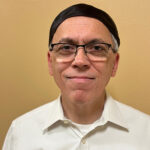 Ervad Barjor M. Dastur resides in Houston, TX. Barjor was born and raised in Dadar Parsi Colony in Mumbai, India. Barjor underwent the Navar and Martab ceremonies at the Rustom Faramna Agiary in Dadar and learnt his prayers at the Dadar Athornan Madressa.
Ervad Barjor M. Dastur resides in Houston, TX. Barjor was born and raised in Dadar Parsi Colony in Mumbai, India. Barjor underwent the Navar and Martab ceremonies at the Rustom Faramna Agiary in Dadar and learnt his prayers at the Dadar Athornan Madressa.
He earned a bachelor’s in engineering from India and then moved to Houston for higher education in business.
Barjor tries to follow our traditional practices and rituals as much as possible while serving the Zoroastrian community. He serves the Houston community through presiding over prayer services for the departed, jashans, navjotes, and weddings.
Barjor believes that priests in North America have an even bigger responsibility than elsewhere in guiding the community in following the right practices. Growing up he learned about our religion through immersion and life experiences. As an adult, he has continued his learnings about our religion through books, research papers and discussions with religious scholars. He is part of a small group of like-minded Zarathustis who aspire to build a traditional place of worship for Zoroastrians in the U.S.A.
Barjor lives in Spring, TX with his wife, his daughter who is a freshman in college, and his son (also an Ervad) who is a sophomore in high school.
Speaker
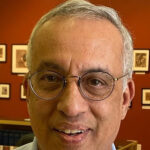 After retiring from Merck & Co., Meheryar Rivetna immersed himself in an intense study of the Zoroastrian religion. Meheryar’s mother, Hilla, was a strong influence in his religious knowledge. The family was not religious in the classical sense of being embroiled in rituals and peripheral practices of the religion which have no place in Zarathustra’s teachings. Her religious guidance was to acquire wisdom, live an honest, productive life in the service of fellow human beings. Prayer, while important, did not mean idly chanting the verses and expect boons from a higher power. Prayer is to live by the words expressed.
After retiring from Merck & Co., Meheryar Rivetna immersed himself in an intense study of the Zoroastrian religion. Meheryar’s mother, Hilla, was a strong influence in his religious knowledge. The family was not religious in the classical sense of being embroiled in rituals and peripheral practices of the religion which have no place in Zarathustra’s teachings. Her religious guidance was to acquire wisdom, live an honest, productive life in the service of fellow human beings. Prayer, while important, did not mean idly chanting the verses and expect boons from a higher power. Prayer is to live by the words expressed.
Religious texts were not readily available to Meheryar growing up in Bombay. After migrating to the United States, he was exposed to religious material published by the various Zoroastrian Associations intensifying his thirst for religious knowledge. On moving to Houston, TX, Meheryar joined the library committee of the Zoroastrian Association of Houston. The Association’s library is full of literature on all aspects of the Zoroastrian religion. That, for Meheryar, was “manna from heaven”. Conducting his own research gave him a firmer understanding of the Zoroastrian religion.
Meheryar has published articles in the FEZANA Journal, Cheherenama and Parsiana. He has conducted numerous NAMC webinars. He is the author of Zarathustra: The Man and the Message, a book that dispels myths engulfing the Zoroastrian religion and provides an exegesis of the Gathas.
Meheryar has a M.S. degree in Biochemistry and holds an MBA. He lives with his wife Zubeen M. Mehta in Houston, TX.
Day 3: Tuesday December 31, 2024
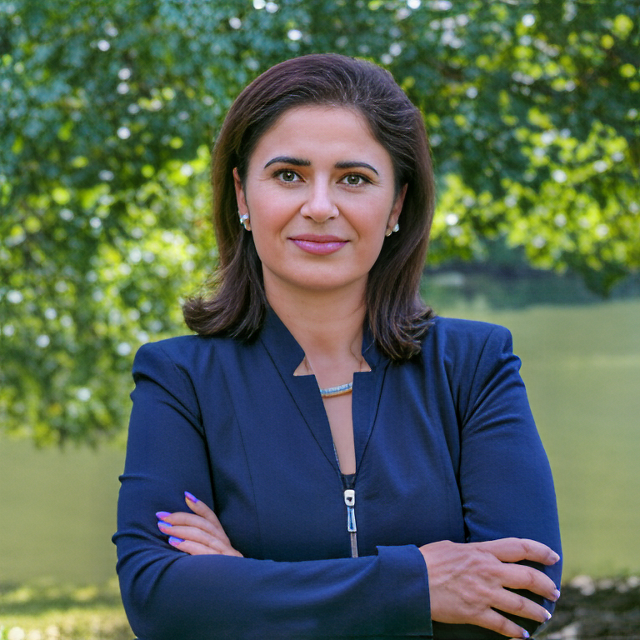
Parisa Khosravi
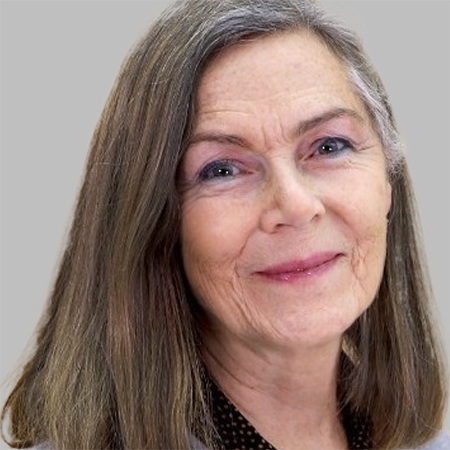
Dr. Sarah Stewart
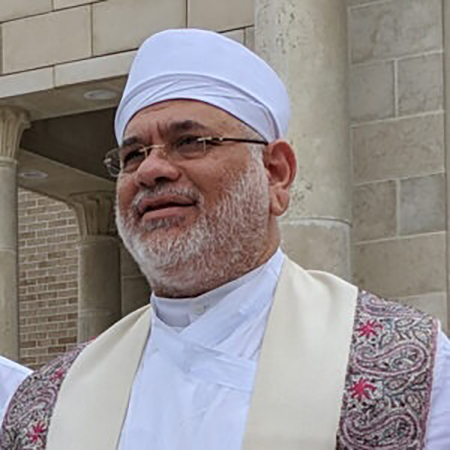
Vada Dasturji Khurshed Dastoor
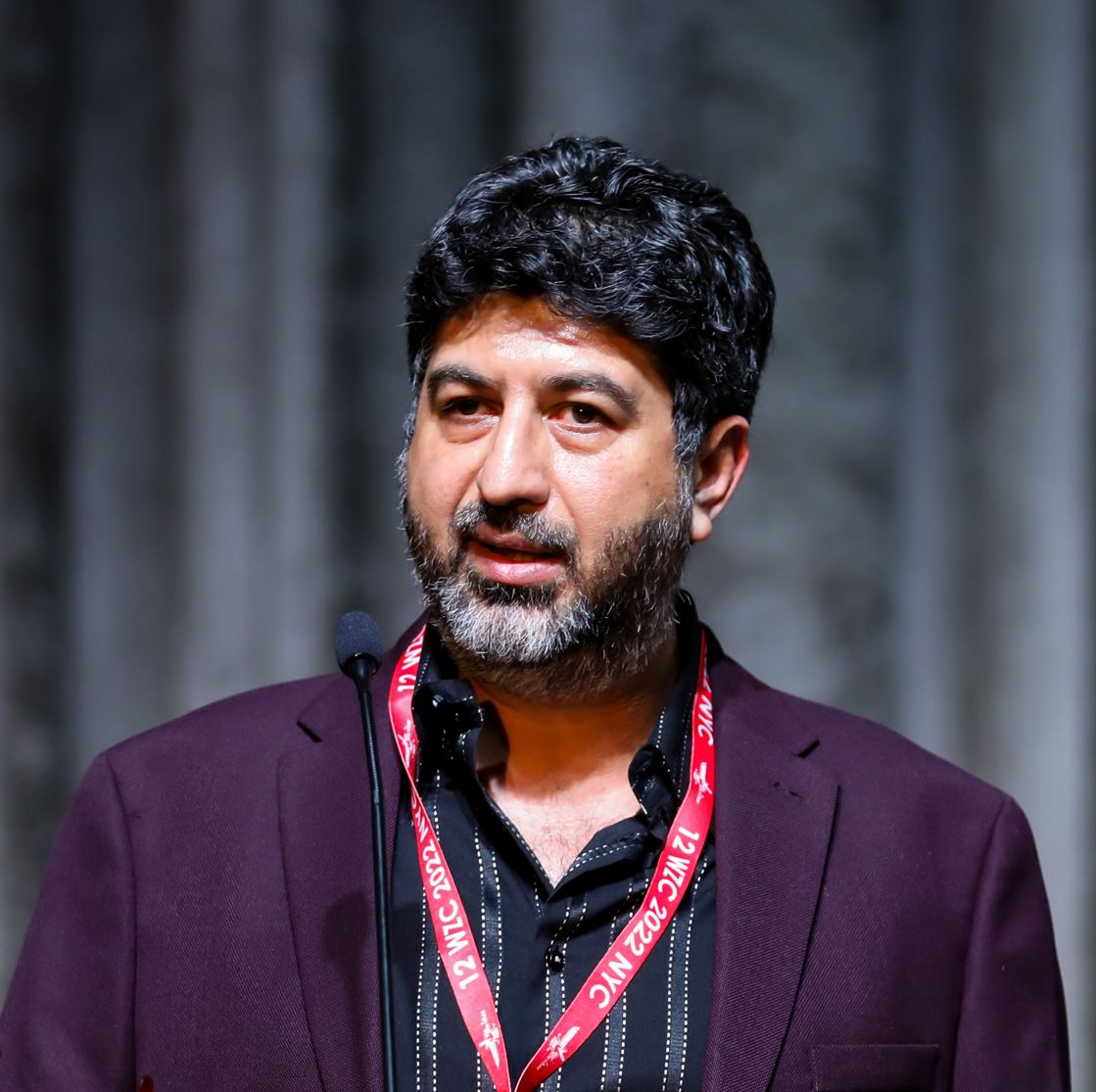
Arzan Sam Wadia
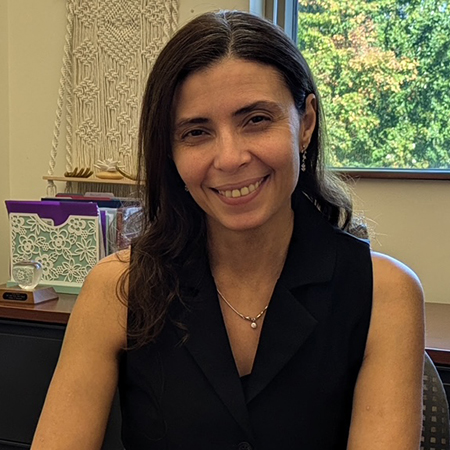
Persis Driver
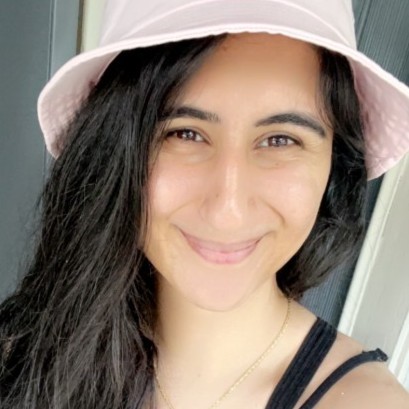
Kimiya Shahzadi
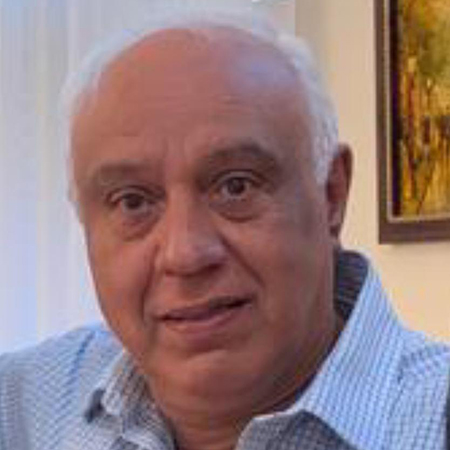
Khodadad-Pashutanizadeh
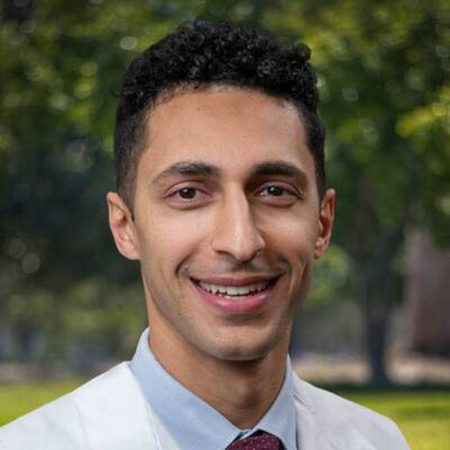
Bahrom Firozgary
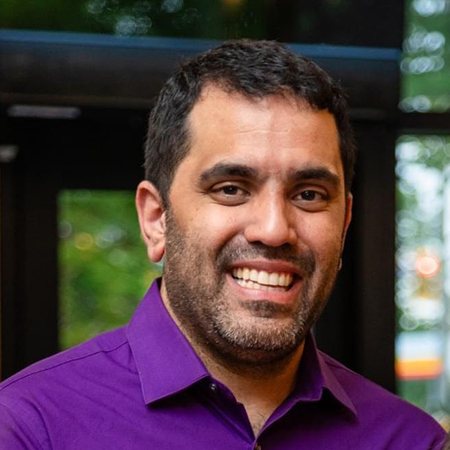
Kayras Irani
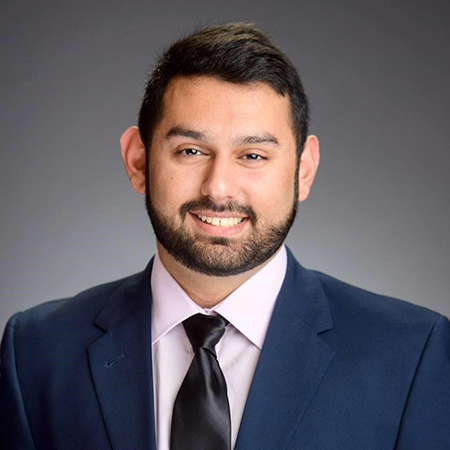
Farzad sunavala
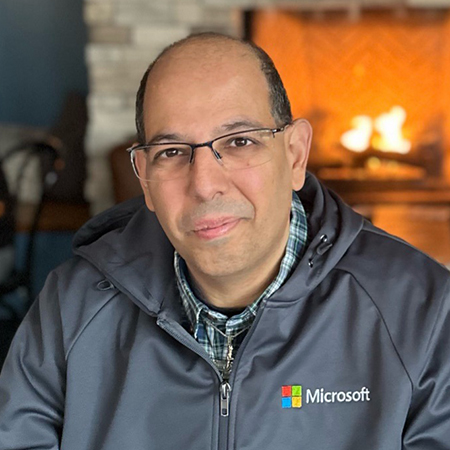
Cyrus Jamula
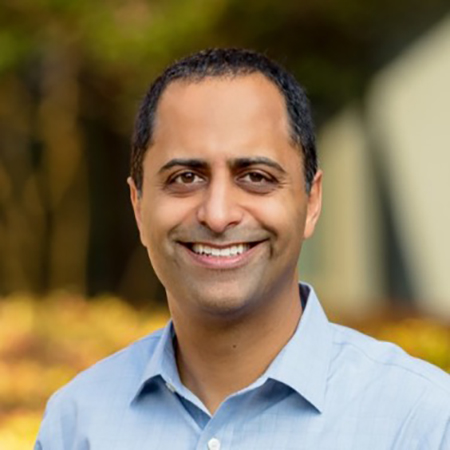
Eric Engineer
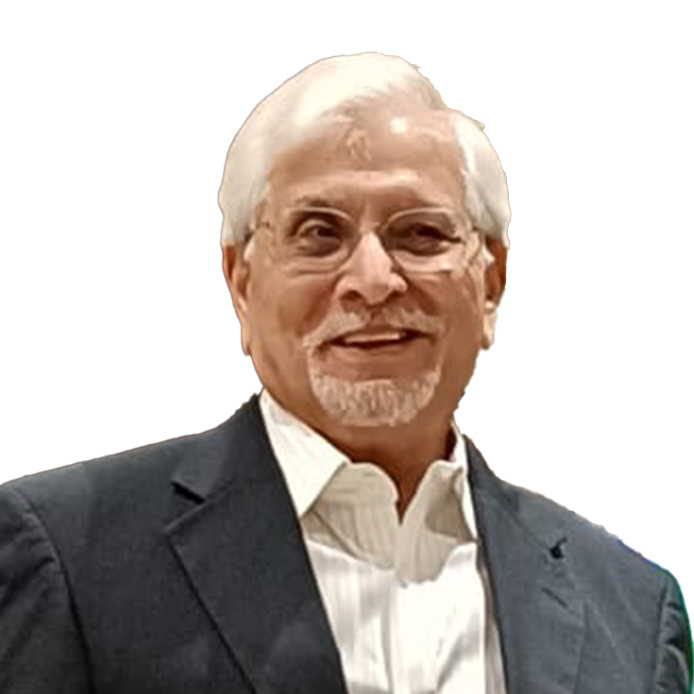
Kersi Shroff
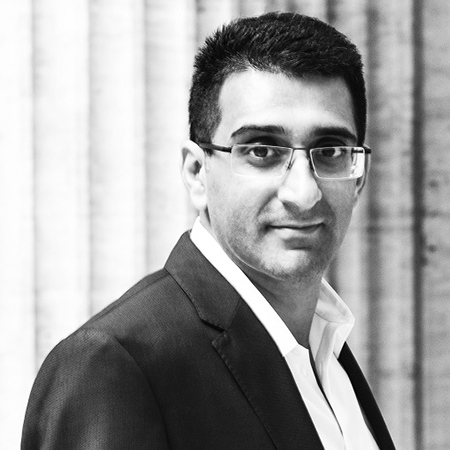
Cyrus Rivetna
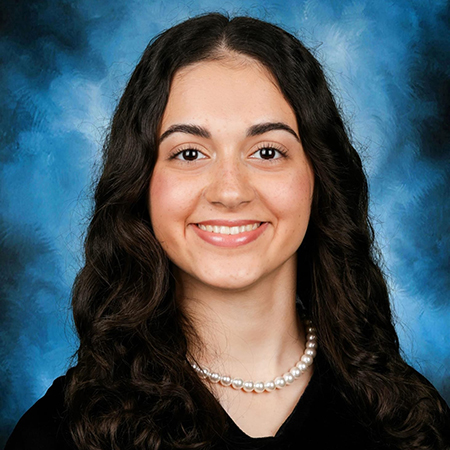
Mahtab Dastur
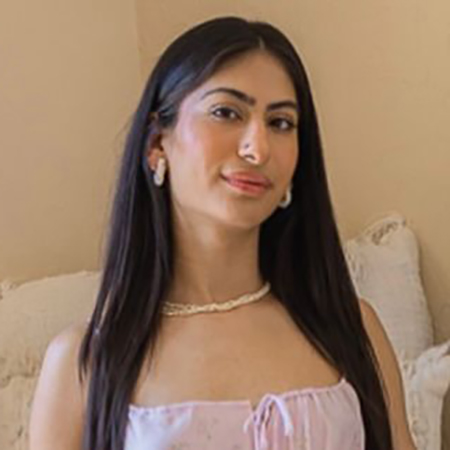
Xenia Byramji
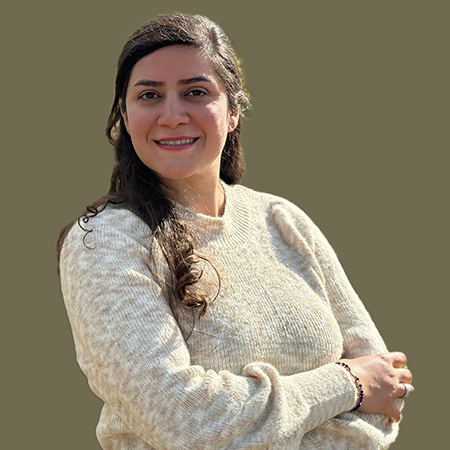
Anahita Hormozdyari
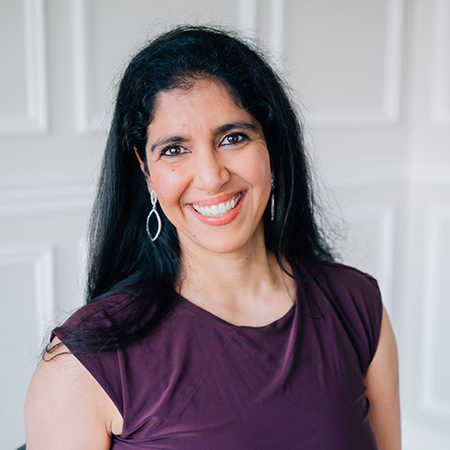
Mahfrin Santoke
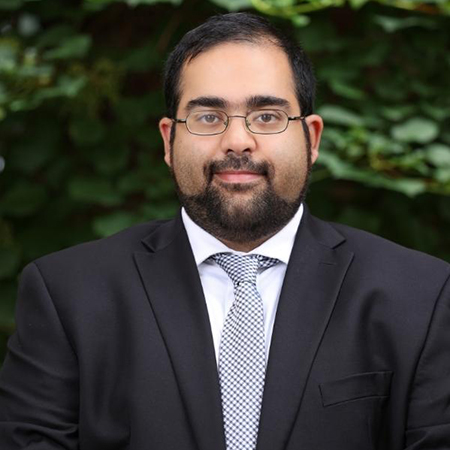
Parshan Khosravi
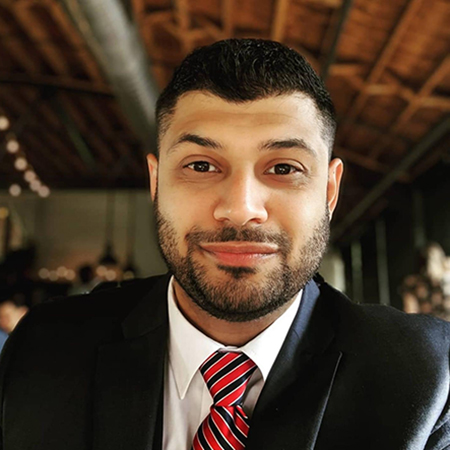
Zubin Mistry
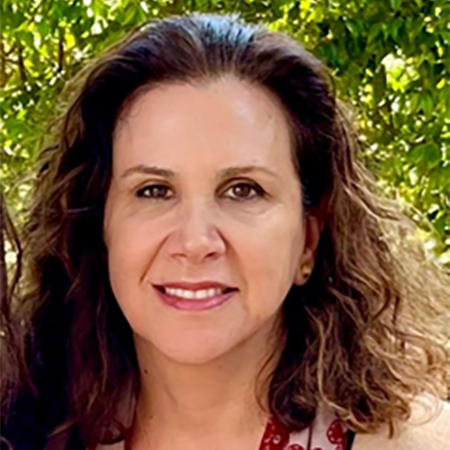
Artemis Javanshir
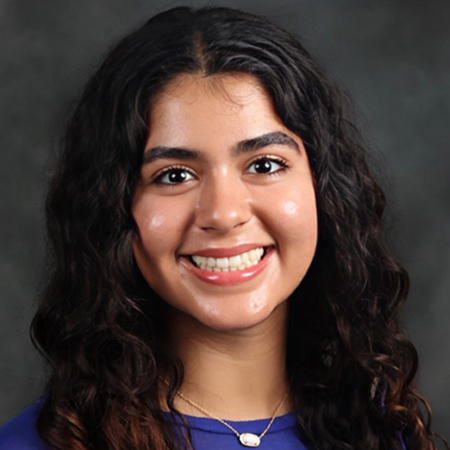
Artina Belivan
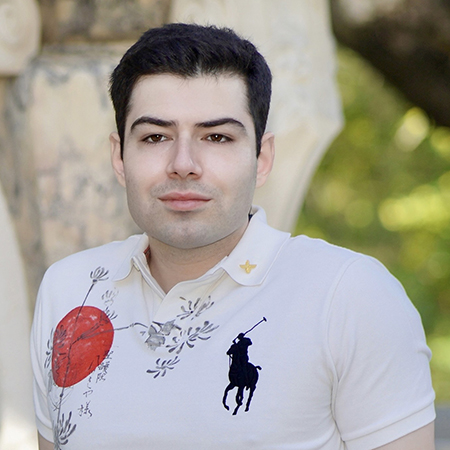
Ashton Zadeh
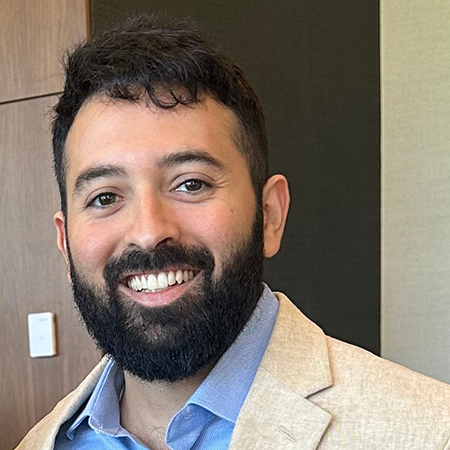
Darius Tamboli
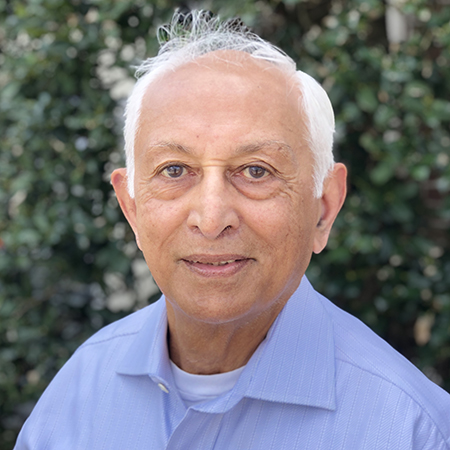
Homi Gandhi
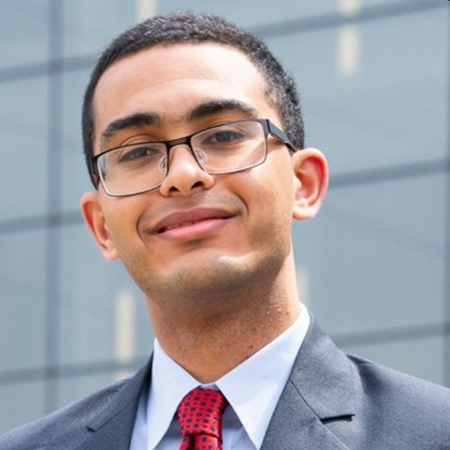
Jeh Mory
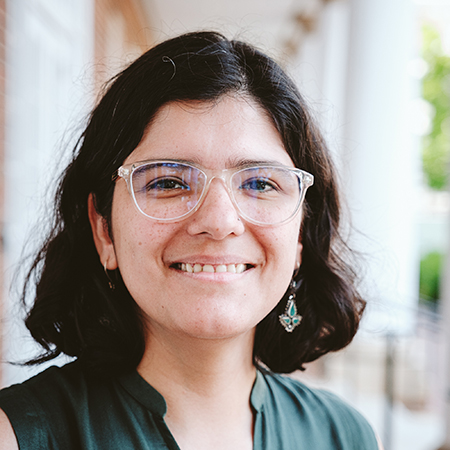
Sharmeen Mehri
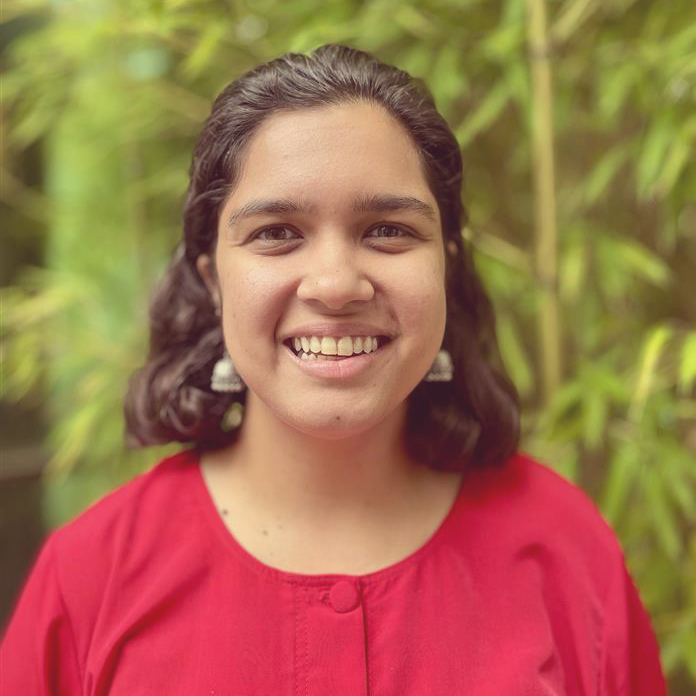
Shirin Mehri
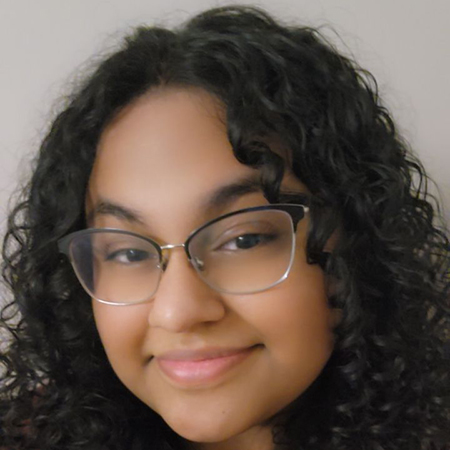
Tahsheen Daruwala
Prof. K.D.Irani Memorial Lecture: Parisa Khosravi
Parisa Khosravi shall deliver the Professor Kaikhosrow D. Irani Memorial Lecture
Unlocking Endless Potential
 We are thrilled to announce Parisa Khosravi as the distinguished speaker for this year’s Professor Kaikhosrov D. Irani Memorial Lecture, an event that celebrates excellence, leadership, and profound contributions to the global community. In her speech: Unlocking Endless Potential, Parisa Khosravi will give us a glimpse of how so many lives have been transformed because she refused to believe that “perception is reality.”
We are thrilled to announce Parisa Khosravi as the distinguished speaker for this year’s Professor Kaikhosrov D. Irani Memorial Lecture, an event that celebrates excellence, leadership, and profound contributions to the global community. In her speech: Unlocking Endless Potential, Parisa Khosravi will give us a glimpse of how so many lives have been transformed because she refused to believe that “perception is reality.”
Parisa Khosravi is a name synonymous with journalistic integrity, advocacy, and empowerment. With over three decades of experience as a veteran award-winning journalist and news executive, Parisa has left an indelible mark on the global stage. During her tenure as senior vice president for international news gathering, national news gathering, and global relations at CNN Worldwide, Parisa directed historic coverage of pivotal events that shaped our world. From the fall of the East Bloc to the Rwandan genocide, 9/11, the 2008 Mumbai terror attacks, and the Arab Spring, Parisa’s leadership and commitment to journalistic excellence have set a benchmark in the industry.
However, Parisa’s journey is not just one of professional accomplishment but also of immense personal dedication. As mother to her son Payam, diagnosed with Autism at age 3, Parisa has worked tirelessly to help her son find his voice. Payam is now unleashing his brilliant mind and changing the world for many who need to find their voice.
Parisa is a passionate advocate for individuals with autism. Her work in this field has earned her recognition and respect, not just within journalistic circles but also among advocacy groups and humanitarian organizations. Parisa’s advocacy extends to representing the Zoroastrian community at prestigious platforms like the Parliament of World’s Religions, where she has served as a plenary speaker twice, in Toronto 2019 and Chicago 2023.
Parisa Khosravi’s accolades include multiple Emmys, Edward R. Murrow and Peabody awards, the Ellis Island Medal of Honor, and numerous other humanitarian awards. Her commitment to journalistic excellence, coupled with her advocacy for marginalized communities, embodies the spirit of the Professor Kaikhosrov D. Irani Memorial Lecture, which seeks to honor individuals making a positive impact on society.
Her journey is a testament to the power of perseverance, empathy, and unwavering dedication to creating meaningful change
The Path to Modernity: Zoroastrians in Iran speak about their religious lives
Title
The Path to Modernity: Zoroastrians in Iran speak about their religious lives
Abstract
Dr. Stewart’s talk will draw on research carried out in Iran on the Zoroastrians living in the cities of Tehran, Kerman, Ahwaz and Yazd and the rural communities that still survive in some of the villages of the Yazdi plain. It will focus on the ways in which they have adapted to changes in religious life since the establishment of the Islamic Republic of Iran including the practice of rituals and lay devotional life. She will then broaden the horizon to make comparisons with the Parsi community in India and the wider diaspora. A particular theme she will explore is the way in which people have managed the transition from traditional to modern customs and ceremonies surrounding death. She will look at the dismantling of the dakhmeh system in Iran, the preservation of the Towers of Silence in India, and Brookwood cemetery in Britain as an example in the wider diaspora. Where applicable, she will refer to the recent Gen Z and Beyond: A Survey for Every Generation Report to trace contemporary trends in religious beliefs and practices.
Speaker
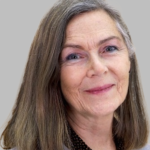 Sarah Stewart is Reader Emeritus in Zoroastrianism at SOAS and former Shapoorji Pallonji Reader in Zoroastrianism and co-chair of the SOAS Shapoorji Pallonji Institute of Zoroastrianism. She is Hon Sec of the British Institute of Persian Studies (BIPS).
Sarah Stewart is Reader Emeritus in Zoroastrianism at SOAS and former Shapoorji Pallonji Reader in Zoroastrianism and co-chair of the SOAS Shapoorji Pallonji Institute of Zoroastrianism. She is Hon Sec of the British Institute of Persian Studies (BIPS).
Her principal area of research is the Zoroastrian living tradition. Her publications include, in collaboration with Mandana Moavenat, Voices from Zoroastrian Iran, Volumes 1 and 2, which are based on fieldwork accompanied by an archive of recorded interviews.
Sarah was the lead curator of the exhibition The Everlasting Flame, Zoroastrianism in History and Imagination (Brunei Gallery, SOAS 2013 and the National Museum, Delhi, 2016) and has created a short introductory online course on Zoroastrianism: https://www.futurelearn.com/courses/zoroastrianism-history-religion-belief.
Her most recent project, Gen Z and Beyond: A Survey for Every Generation was published in a report last year. It is the first of its kind that seeks to capture the demographics, religious practices and views of Zoroastrians in the world today.
Our Tomorrow Starts Today: A path forward for the next decade for the Zoroastrian community in North America
Title
Our Tomorrow Starts Today: A path forward for the next decade for the Zoroastrian community in North America
The theme of the 18th North American Zoroastrian Congress 2024, “Generation Z: Propelling Zarathushti Resurgence” underscores the imperative need for proactive measures to address the issues facing the Zoroastrian community in North America. As a community and faith rooted in ancient traditions yet navigating the complexities of modern society, we Zoroastrians face unique challenges that require immediate attention to ensure the continuity and vitality of our cultural and religious heritage.
The scope of discussion for the panel is the next decade. How do we as a community tap into the wisdom and lessons of our founding generation here in North America while at the same time empower youth and young leaders to take their rightful place in leading the community?
A diverse panel of speakers have met various times over the last few months. They will present their thoughts on a few critical topics of primary concern. Through their perspectives and the ensuing discussion, the hope is to provide every attendee with a ready reckoner of how we all can do our bit in making positive change and impact over the next 10 years.
“Our Tomorrow Starts Today” serves as a clarion call for the Zoroastrian community in North America to address these pressing issues with urgency and foresight. By fostering community engagement, promoting cultural preservation, securing financial stability, and leveraging technology for education, the Zoroastrian community can navigate the challenges of today to build a vibrant and resilient future. The 18th North American Zoroastrian Congress 2024 offers a crucial platform to initiate these discussions and pave the way for a thriving tomorrow.
Moderator
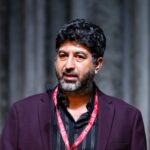 Arzan Sam Wadia grew up in Mumbai (Bombay), India, and moved to New York City to pursue his master’s in urban design and architecture. He currently runs an architecture and technology practice in the city.
Arzan Sam Wadia grew up in Mumbai (Bombay), India, and moved to New York City to pursue his master’s in urban design and architecture. He currently runs an architecture and technology practice in the city.
Arzan is the immediate Past President of FEZANA and was the Co-Chair of the 12th World Zoroastrian Congress 2022. He was pivotal at the 12th North American Congress in New York and the 7th World Zoroastrian Youth Congress in 2019. He was part of the first and second World Zoroastrian Youth Leadership Forum at the ASHA Center in the United Kingdom in 2018 and 2024.
He is the Program Director of the Zoroastrian Return to Roots Program (RTR), an initiative he has been involved with since its beginning in 2013, and now serves on the RTR Board of Directors. Arzan is a founding trustee of the Zarathushti Entrepreneurship Development Foundation. As the founding editor of Parsi Khabar, the world’s leading online news aggregator of all things Parsi, he deeply understands the pulse of the community worldwide.
Speaker
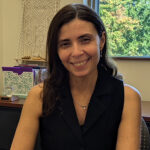 Persis Driver is an Associate Professor of Developmental Psychology with a bachelors and master’s in commerce and economics (India), a master’s in teaching (USA), and a PhD in educational psychology (USA). She is the co-author of a peer-reviewed book, Black and Brown Education in America: Integration in Schools, Neighborhoods, and Communities.
Persis Driver is an Associate Professor of Developmental Psychology with a bachelors and master’s in commerce and economics (India), a master’s in teaching (USA), and a PhD in educational psychology (USA). She is the co-author of a peer-reviewed book, Black and Brown Education in America: Integration in Schools, Neighborhoods, and Communities.
Persis is a religion education teacher, curriculum developer, and co-chair of the Children & Youth Religion Education committee at the Zoroastrian Association of Metropolitan Chicago (ZAMC). She leads the Zoroastrian Educational Leadership and Development Alliance (ZELDA), a youth academy focused on leadership, community service, and mentorship.
Persis is the co-chair of FEZANA’s Religion Education Committee (REC). With her co-chair, Artemis Javanshir, she supports a global coalition of over a hundred religion education teachers through an open-resource website for age-appropriate lesson plans. She has compiled a guide on developmentally sound teaching practices for students at diverse ages. She co-leads the Zoroastrian Intergenerational Oral History (ZIOH) Project that trains and supports middle and high school youth in recording, publishing, and archiving the diverse stories of the global Zoroastrian diaspora.
Speaker
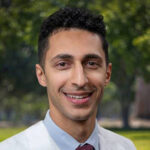 Ervad Bahrom Firozgary is a sports medicine physician at Scripps Clinic in San Diego, California. Born and raised in Houston, Texas, he graduated as co-valedictorian from Stratford High School then earned a bachelor’s degree in biochemistry and cellular biology from Rice University. Bahrom played for Rice’s division I men’s basketball before pursuing his medical doctor (MD) degree at Texas A&M with Houston Methodist Hospital. He finally completed his residency and sports medicine fellowship at the Houston Rockets Sports Medicine Institute before moving to San Diego.
Ervad Bahrom Firozgary is a sports medicine physician at Scripps Clinic in San Diego, California. Born and raised in Houston, Texas, he graduated as co-valedictorian from Stratford High School then earned a bachelor’s degree in biochemistry and cellular biology from Rice University. Bahrom played for Rice’s division I men’s basketball before pursuing his medical doctor (MD) degree at Texas A&M with Houston Methodist Hospital. He finally completed his residency and sports medicine fellowship at the Houston Rockets Sports Medicine Institute before moving to San Diego.
Throughout his career, Bahrom has remained active as a Mobed and volunteer in his local and global Zoroastrian communities. He was awarded the World Zoroastrian Chamber of Commerce (WZCC) Outstanding Young Professional of the Year in 2023. Bahrom is the grandson of Mobed Mehraban Firouzgary from Tehran and son of Farrokh and Mahnaaz Firozgary. He and his wife, Tara, enjoy traveling, spending time with friends and family, and exploring San Diego’s beautiful outdoors with their two dogs.
Speaker
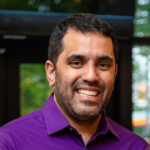 Kayras Irani lives in Richmond, British Columbia (B.C.), Canada and is a full-time paramedic with British Columbia Emergency Health Services. For over 15 years he has served members of his own community as a volunteer with the Zoroastrian Society of British Columbia (Z.S.B.C.) by teaching classes on the religion to school-aged children and organizing social gatherings for the community. In 2013 & 2024, he helped organize a Zoroastrian Youth Retreat in Vancouver, B.C. and in 2011, he helped fundraise for the 5th World Zoroastrian Youth Congress.
Kayras Irani lives in Richmond, British Columbia (B.C.), Canada and is a full-time paramedic with British Columbia Emergency Health Services. For over 15 years he has served members of his own community as a volunteer with the Zoroastrian Society of British Columbia (Z.S.B.C.) by teaching classes on the religion to school-aged children and organizing social gatherings for the community. In 2013 & 2024, he helped organize a Zoroastrian Youth Retreat in Vancouver, B.C. and in 2011, he helped fundraise for the 5th World Zoroastrian Youth Congress.
Kayras has also volunteered and/or been a speaker at several congresses between 2009 and 2022. He has helped run four Zoroastrian Return to Roots (RTR) trips by providing logistical and medical support for the participants. He currently serves as a director on the RTR Board and has recently completed his two-year presidency and four-year directorship with Z.S.B.C.
Kayras enjoys swimming, boating and outdoor activities. He is happily married to Sanaya Master and they are both the proud parents of their daughter Spenta.
Speaker
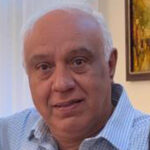 Khodadad Pashutanizadeh lives in Sacramento California. He has a bachelor’s degree in sociology from MS University of Baroda and a master’s degree in political science from Gujarat University, India. He was a PhD student before migrating to the United States. His thesis paper was on “Role of the Parsi community in Indian Politics”. For two years, he was the President of the Foreign Students Association in Gujarat University; affiliate of the Indian Culture Ministry.
Khodadad Pashutanizadeh lives in Sacramento California. He has a bachelor’s degree in sociology from MS University of Baroda and a master’s degree in political science from Gujarat University, India. He was a PhD student before migrating to the United States. His thesis paper was on “Role of the Parsi community in Indian Politics”. For two years, he was the President of the Foreign Students Association in Gujarat University; affiliate of the Indian Culture Ministry.
He has given speeches and lectures on Zoroastrianism in multiple academic and religious institutions in Northern California, including the Sacramento Zoroastrian Association.
He is a co-founder of the Sacramento Zoroastrian Association and has served on the board for three terms.
Speaker
 Kimiya Shahzadi is a Co-Chair of Zoroastrian Youth of North America (ZYNA), a committee of FEZANA, is the Chief Social Media Officer at the North American Mobed Council (NAMC), and is the Social Committee Co-Chair of the Zoroastrian Association of Michigan (ZAOM). Born into a priestly family she is currently training under the Zoroastrian Mobed Council of Iran to become a mobedyar and aspires to become a mobed. Kimiya is a dual citizen of Australia and the United States, can speak, read, and write Persian, and has a black belt in Shotokan Karate. Kimiya owns two businesses, Shahzadi Capital LLC which owns real estate, and Love Story LLC, a modern Zoroastrian matchmaking service with 3 marriages and 1 proposal already. Her master’s in clinical behavioral psychology specializing in relationships and publications is helping her build a Love Story matchmaking app with a mission to increase quality love in the world in a big way.
Kimiya Shahzadi is a Co-Chair of Zoroastrian Youth of North America (ZYNA), a committee of FEZANA, is the Chief Social Media Officer at the North American Mobed Council (NAMC), and is the Social Committee Co-Chair of the Zoroastrian Association of Michigan (ZAOM). Born into a priestly family she is currently training under the Zoroastrian Mobed Council of Iran to become a mobedyar and aspires to become a mobed. Kimiya is a dual citizen of Australia and the United States, can speak, read, and write Persian, and has a black belt in Shotokan Karate. Kimiya owns two businesses, Shahzadi Capital LLC which owns real estate, and Love Story LLC, a modern Zoroastrian matchmaking service with 3 marriages and 1 proposal already. Her master’s in clinical behavioral psychology specializing in relationships and publications is helping her build a Love Story matchmaking app with a mission to increase quality love in the world in a big way.
Address by Vada Dasturji Khurshed Dastoor
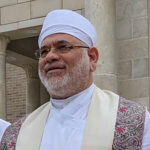 Dasturji Khurshed Dastoor has been the High Priest of Pak Iranshah Atashbehram at Udvada since 2002. He was educated at the Dadar Athornan Institute. He attained his Navar, Maratab and Shamel at the Iranshah Atashbehram.
Dasturji Khurshed Dastoor has been the High Priest of Pak Iranshah Atashbehram at Udvada since 2002. He was educated at the Dadar Athornan Institute. He attained his Navar, Maratab and Shamel at the Iranshah Atashbehram.
Dasturji Khurshed has been invited to speak about the Zoroastrian religion and history at community events worldwide. He addressed the 5th World Zoroastrian Congress (2005) in London, the 9th World Zoroastrian Congress (2009) in Dubai, the 10th in 2014 in Mumbai, and the 12th in 2022 in New York. During his visit to North America in 2010 he addressed and inspired the Zoroastrians of Florida, New York, Boston, and Toronto. He was a speaker at the Parliament of World Religions in 2010.
As an invited guide and supervisor, he officiated the higher religious ceremonies to be performed for the establishment of the first ever wood burning Atash Kadeh in Houston, Texas, the only one outside of India that has a fire burning perpetually.
In December 2015, 2017, and 2019 Dasturji Khurshed conceptualized and spearheaded the Iranshah Udvada Utsav (IUU) which was attended by approximately 4,000 Parsi and Irani Zarathushtis from all over the globe. He has served as a Member of the National Commission for Minorities, nominated by the Government of India from 2017-2020. The recent restoration and conservation work of the Udvada Atashbehram was completed under his initiation and supervision with the financial support of the Shapoorji Pallonji Mistry family.
Dasturji Khurshed Dastoor is a dedicated proponent of World Peace as well as a pragmatic leader of the Zoroastrian Community.
Empowering Zarathushti Communities with AI
Title
Empowering Zarathushti Communities with AI
Abstract:
Over the next decade, command of artificial intelligence (AI) will be central to driving growth and resilience for both individuals and communities. This session—appropriate for attendees of all ages and technical literacy—will cover key concepts, tips, and tools to help us navigate and harness the most consequential technological shift of our lifetimes. A carefully selected panel—including an AI/ML engineer, a prolific AI user, and a venture capital investor—will share their diverse knowledge and perspectives on the following topics:
- Understanding AI:
- What is AI?
- Why does it matter?
- Where is it headed?
- Using AI Personally and Professionally:
- What can I do with AI?
- How do I get started?
- What should I be careful about?
- How Zoroastrian Communities Can Leverage AI to:
- Educate our children and ourselves
- Run associations locally and globally
- Foster community engagement and support cultural preservation
Moderator
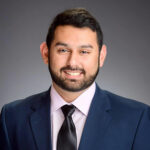 Farzad Sunavala is a Principal Product Manager at Microsoft, where he plays an instrumental role in leading the product design and execution of Search and AI capabilities in Microsoft Azure. Farzad is passionate about empowering individuals and organizations in creating cutting-edge experiences that revolutionize the way we interact with technology.
Farzad Sunavala is a Principal Product Manager at Microsoft, where he plays an instrumental role in leading the product design and execution of Search and AI capabilities in Microsoft Azure. Farzad is passionate about empowering individuals and organizations in creating cutting-edge experiences that revolutionize the way we interact with technology.
Prior to joining Microsoft, Farzad held a variety of positions in engineering and product management at Chevron Corporation. Farzad holds a BS in Petroleum Engineering from Louisiana State University, accompanied by minors in Computer Science and Technical Sales. Additionally, he earned an MEng in Engineering Management from Cornell University.
Speaker
 Eric Engineer is a Partner at S3 Venture, the largest venture capital firm focused on Texas, where he invests in technology startups. Prior to that he was CEO at Invodo, and a Partner at Sevin Rosen Funds in Dallas. Eric also worked at Microsoft in Redmond, WA, where he held a variety of roles in product management, product planning, and enterprise sales across several business units. Eric has an MBA from Harvard Business School and an MCS and BA, cum laude, in Computer Science from Rice University.
Eric Engineer is a Partner at S3 Venture, the largest venture capital firm focused on Texas, where he invests in technology startups. Prior to that he was CEO at Invodo, and a Partner at Sevin Rosen Funds in Dallas. Eric also worked at Microsoft in Redmond, WA, where he held a variety of roles in product management, product planning, and enterprise sales across several business units. Eric has an MBA from Harvard Business School and an MCS and BA, cum laude, in Computer Science from Rice University.
Eric was raised by his parents, Yasmin and Rustom Engineer in Detroit (until age 12) and then in Houston. As a teenager, Eric was a leader in the Zoroastrian Youth Group of Houston and regular attendee of Youth Congresses. While in college, he helped lead the Youth Track of the 2000 World Zoroastrian Congress in Houston. As a young adult, he served as the Youth Director on the Global Board of the World Zoroastrian Chamber of Commerce.
Eric and his wife, Thrity, a Montessori teacher, live in Austin with their two boys, Aaron and Ryan, and remain active members of ZAH.
Speaker

Cyrus Jamula is a highly experienced Principal Software Engineering Manager at Microsoft, where he plays an integral part in their Azure Commerce and Ecosystems team. With over 20 years of deep expertise in the software development industry, Cyrus has a proven track record of excelling in various aspects of software engineering, particularly in developing large scale distributed systems.
Being originally from Mumbai, India, Cyrus studied Computer Science at the University of Southern California, which laid the foundation for his successful career in software engineering. His values of being customer obsessed, team centric approach of being “better together,” and his zeal to always raise the bar of product quality have culminated into making significant contributions and influencing positive change at Microsoft.
In his current role at Microsoft, Cyrus is responsible for designing and developing complex software systems, leading technical initiatives, and mentoring software engineers. His leadership and technical prowess have made him a valuable asset to the team and the broader software engineering community. In his personal time, Cyrus leads the Zoroastrian Society of Washington State as President in his fifth year. Through his leadership, the community has arisen to having record breaking membership, high engagement, and surpassing financial goals outlined in his original charter. Cyrus believes strongly in the values of giving back, personally, and professionally, as the cornerstone to success
Tajikistan’s Persian and Zoroastrian Heritage: Modern Manifestations to Ancient Archaeology
Title
Tajikistan’s Persian and Zoroastrian Heritage: Modern Manifestations to Ancient Archaeology
ABSTRACT
This presentation will explore Zoroastrian culture and architecture in Tajikistan, drawing on insights gained during the presenters’ travels throughout the country in August 2024.
Claims abound of the Persian and Zoroastrian heritage of the young Republic of Tajikistan, a former Soviet Socialist Republic. The country’s territory encompasses the ancient Avestan regions of Sogdiana and Bactria and is the sole “Persianate” country in Central Asia. Called the “Iranians of the East”, Tajiks speak a language based on Persian and Dari and claim the heritage of rich Persian literature such as the Shahnameh and glorious Persian poetry. The resulting political face of these historical and cultural forces is that the nation traces its national identity first to the Samanids, descended from the Sassanians, and stretches its national lineage to Zoroastrian times. Noteworthy for a country which is predominantly Sunni Muslim, “Tajik nationalist intellectuals claim Zarathushtra as a ‘Tajik prophet’ and Zoroastrianism as their original national religion.”
Based on observations made during several visits to archaeological and historical sites, in national and regional museums in which the Zoroastrian religion is proudly displayed in various facets, and at street level in the government’s grandiose edifices, the presentation surveys those claims. While considering them with “caution”, as advocated, there are impressive public displays of the heritage from the pre-Islamic period. Thus, in the heart of the country’s capital, Dushanbe (Monday, in Persian), ‘Istiklol Square’, inaugurated in 2022, symbolizing “Independence and Freedom”, there are fourteen wall frescoes reflecting the over “six thousand years of history” of Tajikistan. Included among them are those on the Book of Avesta; Kayumars and Jamshed, the first Kings of the Aryan peoples; the rise to power of Cyrus the Great; and the Sassanians.
Archaeological excavations in modern times have revealed many ancient religious structures from the Achaemenian and Sassanian periods of the Persian Empires. Two of them, one in the ancient city of Panjakent (Sogdiana), and another called Takhti-Sangin (Bactria), reveal the history and architectural styles of Zoroastrian temples and places of worship.
A very recent finding of murals at another site, is reported to clearly show a procession of Sogdian priests, a figure wearing a padan, and tongues of flames at the base.
Speaker
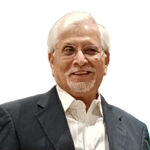 Kersi Bhikhaji Shroff of Rockville, Maryland, is an Attorney at Law, specializing in International and Comparative Laws. Kersi acquired a law degree in Karachi, Pakistan, qualified as a Barrister at Law in London, England, and achieved a master’s in international & comparative laws at the George Washington University Law School. He was employed by the United States Government for thirty-three years as a Senior Law Specialist, and as Chief of the Western Law Division & Co-Director of congressional legal research. As part of the elite Senior Executive Service, Kersi headed the Division staffed by nearly a dozen international attorneys, with responsibility for reporting to the U.S. Congress and Federal Agencies on international legal issues involving the US, the European Union, the British Commonwealth, and Central and Latin America.
Kersi Bhikhaji Shroff of Rockville, Maryland, is an Attorney at Law, specializing in International and Comparative Laws. Kersi acquired a law degree in Karachi, Pakistan, qualified as a Barrister at Law in London, England, and achieved a master’s in international & comparative laws at the George Washington University Law School. He was employed by the United States Government for thirty-three years as a Senior Law Specialist, and as Chief of the Western Law Division & Co-Director of congressional legal research. As part of the elite Senior Executive Service, Kersi headed the Division staffed by nearly a dozen international attorneys, with responsibility for reporting to the U.S. Congress and Federal Agencies on international legal issues involving the US, the European Union, the British Commonwealth, and Central and Latin America.
Kersi is now an independent student of the civilizations and archaeology of Central Asia in the former eastern Iranian lands. He has travelled to Iran, Tajikistan, Uzbekistan, Russia, Azerbaijan, and India to better understand the historical reach of Zoroastrianism. He once volunteered with a Russian-Tajik archaeological expedition at two ancient sites in the Avestan regions of Sogdiana and Bactria. Several subsequent visits to the region have enhanced his understanding of the history of Zoroastrianism.
Kersi is co-author with Dr. Pavel Lurje, of a chapter on “Central Asian Zoroastrianism: Can a Case Be Made for Sogdiana?” in the forthcoming publication “The Zoroastrian World” (Routledge), edited by Jenny Rose, Albert de Jong and Sarah Stewart. He has also published many other articles.
Speaker
 Cyrus Rivetna is the founder and principal of Rivetna Architects Inc., based in Chicago’s Bridgeport Art Center. His award-winning designs seamlessly blend aesthetics, practicality, and sustainability, with projects spanning the US and Canada. Cyrus’s versatility as an architect is evident in the diverse range of projects he leads, including municipal, commercial, hospitality, multi-family, religious, high-end single-family homes, and interiors.
Cyrus Rivetna is the founder and principal of Rivetna Architects Inc., based in Chicago’s Bridgeport Art Center. His award-winning designs seamlessly blend aesthetics, practicality, and sustainability, with projects spanning the US and Canada. Cyrus’s versatility as an architect is evident in the diverse range of projects he leads, including municipal, commercial, hospitality, multi-family, religious, high-end single-family homes, and interiors.
Having worked alongside Pritzker Prize-winning architect BV Doshi, Cyrus gained a profound understanding of community and vernacular architecture. He approaches each project as an opportunity to integrate the client’s vision with the site and context, creating designs that genuinely respond to specific criteria. He is a pioneer in revitalizing underserved neighborhoods on Chicago’s South and West Sides, driven by a belief that everyone deserves exceptional architecture.
Cyrus is also recognized as a leading expert in the history and design of Zoroastrian Fire Temples, having traveled internationally to share his insights. In 2018, his design for the Bhandara Atash Kadeh was unveiled in Houston, marking it as the first of its kind built in North America.
Carving the Zoroastrian Public Brand in North America
Title
Carving the Zoroastrian Public Brand in North America
Abstract
How can we make our impact felt as Zoroastrians in North America? How do we protect the Zoroastrian brand in the broader public sphere? How do we advance Zoroastrian values and interests through public policy? If you have ever wondered these questions, this is YOUR session. This session offers a dynamic panel of Zoroastrian advocates as we aim to explore strategies to safeguard and enhance the Zoroastrian brand in today’s public landscape, focusing on three key areas: media and arts, social impact, and political advocacy. Expert panelists will discuss how Zoroastrianism is portrayed in popular culture, the community’s service contributions, and efforts to advocate for Zoroastrian interests in public policy arenas, such as Nowruz recognition and support for initiatives like HIAS (Hebrew Immigrant Aid Society). Join us for an engaging discussion on how to protect and promote Zoroastrian values in a rapidly changing world.
The panel will:
- Discuss strategies to enhance the perception of Zoroastrianism in the media and arts.
- Highlight the social impact and service contributions of the Zoroastrian community and elevate ways to build the Zoroastrian footprint of social impact in North America.
- Advocate for Zoroastrian interests in public policy matters.
Moderator
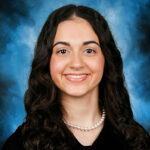 Mahtab B. Dastur is a freshman at Rice University, studying Social Policy and Medicine. Immensely involved in her community, she has served as the ZAH Youth Group President, and currently serves as the ZYNA Religion & Culture Co-Chair and Social Media Chair for this congress.
Mahtab B. Dastur is a freshman at Rice University, studying Social Policy and Medicine. Immensely involved in her community, she has served as the ZAH Youth Group President, and currently serves as the ZYNA Religion & Culture Co-Chair and Social Media Chair for this congress.
Mahtab is passionate about caring for the environment, empowering youth, and fostering open communications between all people. She has been invited to speak on these topics at several global platforms including at the 2022 World Zoroastrian Congress, the Parliament of World’s Religions and recently at the Girl Up USA Leadership Summit.
Mahtab serves on the board of several non-profit organizations, including the one she and her brother founded, Books2Smiles, which sends books across the world to children who do not have access to them; and Project C.A.R.V., where she is constantly advocating to decrease cases of Teen Dating Violence. Mahtab’s lifelong goal is to make a lasting difference in the world.
Speaker
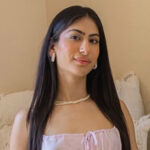
Xenia Byramji, Fashion Designer is based in Toronto, Canada. A graduate of Toronto Metropolitan University with a Bachelor of Design and Business, she specializes in fashion design, styling, and visual arts. Xenia’s collections are inspired by Zoroastrianism, spirituality, and the earth.
Currently, Xenia works as a stylist at Burberry, where she curates personalized looks for clients.
Since 2021, Xenia serves as a Social Media Producer for FEZANA. She produced the popular “FEZANA Spotlight” series and “Zoroastrian Creatives” series, highlighting Zoroastrians in North America and beyond.
Attending the World Zoroastrian Youth Congress in Los Angeles and New York inspired Xenia to pursue an opportunity to speak at her next congress.
In her spare time, Xenia works on commissions, creating paintings, designing, and sewing for her personal clients. She enjoys spending time outdoors with her puppy Xylo, friends, and family.
Speaker
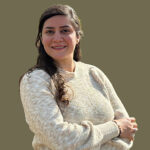 Anahita Hormozdyari was born and raised in Iran, and currently resides in Sacramento, California. She holds a Doctor of Physical Therapy degree. Growing up in a family active in Zoroastrian associations like the Faravahar institution, she developed a strong connection to her cultural and religious community.
Anahita Hormozdyari was born and raised in Iran, and currently resides in Sacramento, California. She holds a Doctor of Physical Therapy degree. Growing up in a family active in Zoroastrian associations like the Faravahar institution, she developed a strong connection to her cultural and religious community.
She served as Vice-chair of Operations for the 7th World Zoroastrian Youth Congress, where she managed over 50 volunteers and successfully coordinated a variety of activities. Anahita has taught classes in Zoroastrian associations and has organized numerous gatherings and camping events for youth. She remains actively involved in the community through Z-Sports and the Sacramento Zoroastrian Association and has been a panelist at a youth congress, sharing her insights with the younger generation.
In her spare time, Anahita enjoys organizing cultural events, spending time outdoors, and staying active with her family and friends, while continuing to support her community through various initiatives.
Speaker
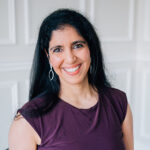 Mahfrin Santoke is from Orange County, CA where she works as a music teacher and professional flute/piccolo player. She teaches instrumental music (band and strings) to 4th and 5th graders in multiple elementary schools and performs with an orchestra. She has played in several notable venues including Carnegie Hall, Symphony Hall Boston, and the Walt Disney Concert Hall.
Mahfrin Santoke is from Orange County, CA where she works as a music teacher and professional flute/piccolo player. She teaches instrumental music (band and strings) to 4th and 5th graders in multiple elementary schools and performs with an orchestra. She has played in several notable venues including Carnegie Hall, Symphony Hall Boston, and the Walt Disney Concert Hall.
She is an active participant with the Zoroastrian Association of California (ZAC) and was the socials chair for Zoroastrian Youth of North America (ZYNA). She is a Return to Roots alumni and attended the trip as a participant in March 2020 and a volunteer in December 2023. She is currently working on a project with other Zoroastrian musicians to revive traditional Zoroastrian songs.
In her spare time, Mahfrin enjoys hot yoga, ice skating, and paddle boarding at the beach.
Speaker
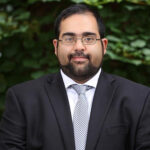 Parshan Khosravi is a policy advocate, community leader, and political organizer currently serving as the California Policy Director for uAspire, a national nonprofit advocating for education access and equity. As a first-generation Iranian refugee of Zoroastrian faith, Parshan is a devout member of the Zoroastrian community here in California and at the national level. Locally, Parshan serves on the Board of Directors of the California Zoroastrian Center, and nationally, Parshan chairs the FEZANA Advocacy Committee, where he works to preserve Zoroastrian interests and way of life and to establish an active and unified presence of Zoroastrians in the sociopolitical global landscape.
Parshan Khosravi is a policy advocate, community leader, and political organizer currently serving as the California Policy Director for uAspire, a national nonprofit advocating for education access and equity. As a first-generation Iranian refugee of Zoroastrian faith, Parshan is a devout member of the Zoroastrian community here in California and at the national level. Locally, Parshan serves on the Board of Directors of the California Zoroastrian Center, and nationally, Parshan chairs the FEZANA Advocacy Committee, where he works to preserve Zoroastrian interests and way of life and to establish an active and unified presence of Zoroastrians in the sociopolitical global landscape.
Parshan’s work has been featured at various national and international interfaith programs such as the Parliament of World Religions and the Religions for Peace International, and in 2022, his work at the national level including as the former chair of the Zoroastrian Youth of North America earned him the Rising Outstanding Young Zarathushti Stars Award at the 12th World Zoroastrian Congress in New York.
More recently, Parshan was appointed as the Deputy Treasurer of the Young Democrats of America, where he has been involved in building the democratic platform at the youth and young adult level through organizing and political fundraising. A double alum of the University of California, Parshan received his bachelor’s degree in political science and education sciences from UC Irvine and his Master’s degree in Public Policy from the UCLA Luskin School of Public Affairs.
The FEZANA Session
The FEZANA Session
Abstract
Federation of Zoroastrian Associations of North America (FEZANA) is a non-profit, religious and charitable organization formed in 1987 to function as the coordinating organization for Zoroastrian Associations of North America, FEZANA today represents 27 Zoroastrian Member Associations and 14 Small Groups in the United States and Canada.
This session offers an in-depth look at FEZANA, highlighting its structure, mission, and wide-ranging initiatives. Established to strengthen and connect Zoroastrian communities across North America, FEZANA serves as a unifying body, promoting Zarathushti heritage, culture, and identity.
The session will cover the organization’s operational framework, emphasizing the collaborative roles of its committees dedicated to diverse areas such as welfare, education, youth, advocacy, research and preservation, archive and community service. The audience will also get a broad understanding of FEZANA’s representation of the Zoroastrian faith to the outside world and in civil society at regional, national and global scale. Each committee is a driving force in fostering religious understanding, cultural preservation, and community development through targeted programs and projects.
From education initiatives to disaster relief and legislative advocacy to interfaith dialogues, FEZANA’s committees work in tandem to advance the well-being of Zoroastrians across the continent. This session also provides an opportunity to learn about upcoming programs and how individuals can actively contribute to these collective efforts. Attendees will leave with a better understanding of FEZANA’s role in sustaining and revitalizing the Zoroastrian faith and fostering global connections within the North American diaspora.
Make Your Voices Heard
Title
Make Your Voices Heard
This session offers an engaging platform for Zarathushtis of all ages to contribute ideas and perspectives that align with our Congress theme: Generation Z: Propelling Zarathushti Resurgence. With limited time – just five minutes per participant – speakers will delve into dynamic topics that resonate with the challenges and aspirations of today’s Zarathushti community. Topics span from strategies to grow our community and reconnect with the uninvolved to promoting inclusivity in interfaith families and retaining young adult members through crucial life stages. Additionally, this session will tackle diverse issues like the evolving meaning of being a Zarathushti by choice versus by birth, bridging cultural gaps within the global community, and exploring innovative educational resources for all ages.
These speakers will inspire, spark discussion, and generate actionable insights to guide our community’s growth and resilience. Whether focusing on unity, retention, or fresh educational methods, every speaker will contribute toward building a stronger, more connected future for Zarathushtis across generations.
Moderator
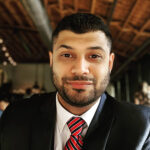 Zubin Mistry is a Senior Project Manager at Texas Children’s Hospital. With a background in health administration, public health and project management, Zubin has over 10 years of IT management consulting experience, including 8 years consulting for the US Government and military.
Zubin Mistry is a Senior Project Manager at Texas Children’s Hospital. With a background in health administration, public health and project management, Zubin has over 10 years of IT management consulting experience, including 8 years consulting for the US Government and military.
In the early 2000s, Zubin was a Trustee-At-Large for the Zoroastrian Association of Metropolitan Washington Inc. (ZAMWI). After moving to Houston in 2021, he has been an active member of the Zoroastrian Association of Houston (ZAH) and is now on ZAH’s Executive committee.
Topic: Growing the Zarathusti Community
One of the biggest challenges facing the Zarathushti faith today is the risk of losing our connection to our roots. How can we create strong, supportive communities?
Interfaith families are becoming increasingly common in the Zarathushti community, presenting both challenges and opportunities for inclusivity. I will cover the importance of inclusivity in strengthening community ties, especially for younger generations, and the challenges interfaith families face.
Speaker
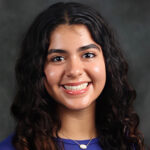 Artina Belivan is the founder and president of the Zoroastrian Association of North Texas (ZANT) Youth Group. As FEZANA’s Social Media Influencer, she has been spreading the message of Zoroastrianism far and wide with content that speaks to people today.
Artina Belivan is the founder and president of the Zoroastrian Association of North Texas (ZANT) Youth Group. As FEZANA’s Social Media Influencer, she has been spreading the message of Zoroastrianism far and wide with content that speaks to people today.
Topic: Integrating Interfaith Families: Inclusivity Practices
Interfaith families are becoming increasingly common in the Zarathushti community, presenting both challenges and opportunities for inclusivity. I will cover the importance of inclusivity in strengthening community ties, especially for younger generations, and the challenges interfaith families face.
Speaker
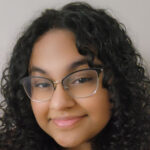 Tahsheen Daruwala is the Chair of the Youth Committee at the Zoroastrian Society of Ontario, based in Toronto. She grew up in an inter-faith family (Parsi-Zarathushti father and North Indian-Hindu mother). By speaking on this topic, she hopes to inspire others to recognize and embrace the richness that interfaith families bring, helping to build a Zarathushti community that is both resilient and welcoming to all.
Tahsheen Daruwala is the Chair of the Youth Committee at the Zoroastrian Society of Ontario, based in Toronto. She grew up in an inter-faith family (Parsi-Zarathushti father and North Indian-Hindu mother). By speaking on this topic, she hopes to inspire others to recognize and embrace the richness that interfaith families bring, helping to build a Zarathushti community that is both resilient and welcoming to all.
Topic: Zarathushti Renaissance- North American Zoroastrians in 2080
Over the last three centuries, each immigrant community in North America has created social and physical infrastructures to meet their needs. We have created social, physical, and cultural infrastructure in a short period so that the next generations can enshrine Zoroastrian excellence in the North American continent. Since a generation normally spans a period of 28 years, this talk will articulate the aspects of Zarathushti Renaissance in 2080.
Speaker
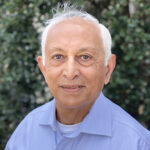 A leader in the North American and Worldwide Zoroastrian community, Homi D. Gandhi is Co-Chair of FEZANA Interfaith Activities Committee and past president of FEZANA. He was FEZANA NGO’s First Main Representative (2002-2014) to the UN in consultation with ECOSOC.
A leader in the North American and Worldwide Zoroastrian community, Homi D. Gandhi is Co-Chair of FEZANA Interfaith Activities Committee and past president of FEZANA. He was FEZANA NGO’s First Main Representative (2002-2014) to the UN in consultation with ECOSOC.
Topic: Zarathushti by Choice vs Birth: Perspectives and Experiences
In the Gathas, Zarathushtra’s hymns, he calls on people to embrace Daena Vanguhi, the religion of good conscience. Over time, however, the Zoroastrian community has become somewhat insular for various reasons. Despite this, Zarathushtra’s message remains universal and timeless, emphasizing moral values over time-bound rituals and practices. In recent decades, many Zoroastrians have migrated to North America. Their growing presence, combined with the increasing accessibility of digital information, has made Zarathushtra’s teachings more widely available to a global audience.
Speaker
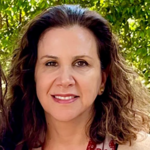 Artemis Javanshir is a strong advocate for the universal message of Zarathushtra. Since its inception in 2020, she has been a member of the California Zoroastrian Center’s (CZC) Public Relations Committee, where she, alongside a remarkable group of individuals, has worked to spread Zarathushtra’s message to a global community. She is co-chair of the FEZANA Religion Education Committee, where she has led the creation of age-appropriate lesson plans and facilitated educational Zoom talks. Artemis is the recipient of California Zoroastrian Center’s 2020 Zoroastrian of the Year Soshiant Award.
Artemis Javanshir is a strong advocate for the universal message of Zarathushtra. Since its inception in 2020, she has been a member of the California Zoroastrian Center’s (CZC) Public Relations Committee, where she, alongside a remarkable group of individuals, has worked to spread Zarathushtra’s message to a global community. She is co-chair of the FEZANA Religion Education Committee, where she has led the creation of age-appropriate lesson plans and facilitated educational Zoom talks. Artemis is the recipient of California Zoroastrian Center’s 2020 Zoroastrian of the Year Soshiant Award.
Topic: Personal Archiving: Forging the Future while Preserving the Past
Personal archiving aims to provide younger generations with a new model of archival practice that focuses on collaboration and multigenerational work at home. My goal is to share a community toolkit for those interested in preserving and maintaining important objects of our loved ones in our homes, and to share this information with the larger community and interested researchers so that the story of the object, which is the story of our loved ones, can live on.
Speaker
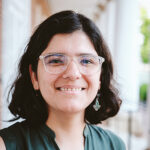 Sharmeen Mehri is a PhD candidate in the Department of English at University at Buffalo, SUNY. She was an Archival Creators fellow for the South Asian American Digital Archive in 2021-2022 for which she collected oral histories and created an online museum exhibit on migration stories of South Asian Zoroastrians to the United States entitled, Memories We Carry.
Sharmeen Mehri is a PhD candidate in the Department of English at University at Buffalo, SUNY. She was an Archival Creators fellow for the South Asian American Digital Archive in 2021-2022 for which she collected oral histories and created an online museum exhibit on migration stories of South Asian Zoroastrians to the United States entitled, Memories We Carry.
Topic: Interfaith Dialogue Meets Human-Centered Design
In today’s dynamic world, the Zarathushti community faces the crucial task of re-engaging and inspiring the next generation. This talk explores how human-centered design (HCD) principles can empower Generation-Z Zarathushtis (or anyone) to reconnect with their purpose as human beings while fostering inclusivity and community resilience.
Speaker
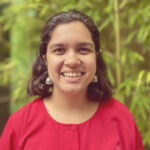 Shirin Mehri is an advocate for equity in learning environments, drawing inspiration from her experiences as a first-generation South Asian college graduate and Pakistani-Zarathushti woman. With seven years of experience across Tanzania, UAE, and Pakistan, Shirin has worked at the intersections of education, gender and diversity, and community development.
Shirin Mehri is an advocate for equity in learning environments, drawing inspiration from her experiences as a first-generation South Asian college graduate and Pakistani-Zarathushti woman. With seven years of experience across Tanzania, UAE, and Pakistan, Shirin has worked at the intersections of education, gender and diversity, and community development.
Topic: Bridging the Cultural Gap – Fostering Unity Among Zarathushtis from India, Iran, and North America
North American societies are unique in their ability to assimilate newcomers from the world over, united in their shared thirst for life, liberty, and the pursuit of happiness. As children of immigrants, our parents’ generation primarily nurtured our identity through national heritage. As our generation comes of age, the shared religion is increasingly becoming a sufficient condition to identify with someone else – to see him or her as “us”, not “them”. Thus, generational attitudes towards identifying along the lines of religion will help bridge the gap between Indians, Pakistanis, Iranians, and the other cultural groups within the shared creed.
Speaker
 Jeh Z. Mory works in finance for an asset management firm. Raised in New York and Bombay, he has extensive exposure to the Zoroastrian experience in India and the United States. He currently lives in Los Angeles and is involved with the Zoroastrian Association of California and the Zoroastrian Association of Houston. He has previously served as Co-Chair of the Finance & Fundraising Committee at the Zoroastrian Association of North America (ZYNA).
Jeh Z. Mory works in finance for an asset management firm. Raised in New York and Bombay, he has extensive exposure to the Zoroastrian experience in India and the United States. He currently lives in Los Angeles and is involved with the Zoroastrian Association of California and the Zoroastrian Association of Houston. He has previously served as Co-Chair of the Finance & Fundraising Committee at the Zoroastrian Association of North America (ZYNA).
Topic: Propelling Zarathusthi Resurgence
If we want to see a revival of Zoroastrianism, we can either try to grow our numbers the traditional way by having children above the replacement rate, or we can try to determine the best way to accept non-Zoroastrians and children of intermarried couples into the fold. In this talk I will discuss both options and why I think we have a real opportunity for growth by allowing and becoming more accepting of conversion.
Speaker
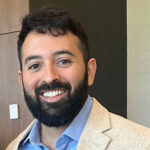 Darius Tamboli has been coming to the Zoroastrian Association of Houston since he was very young and has always appreciated the value of this close-knit community. A participant at the very first ZAH Z-Camp, he has helped put on the Z-Camps that bring together Zoroastrian children either as a mentor, volunteer, or co-chair. He is a member of the NAZC 2024 Entertainment Committee and one of the chairs of the Social Media team.
Darius Tamboli has been coming to the Zoroastrian Association of Houston since he was very young and has always appreciated the value of this close-knit community. A participant at the very first ZAH Z-Camp, he has helped put on the Z-Camps that bring together Zoroastrian children either as a mentor, volunteer, or co-chair. He is a member of the NAZC 2024 Entertainment Committee and one of the chairs of the Social Media team.
Topic: Education resources for children and adults alike: Enhancing learning and awareness
I am a children’s book author who has written and illustrated three books on Zoroastrianism for children and is currently researching to write a Zoroastrian novel for people aged 13 and up. I chose to wrote children’s books to reach two generations at once – children and a parent, grandparent, or older relative. We need to create more media and events that are truly applicable to all ages, or as wide an age range as possible, so we can reach as many people as possible. However, this would be only one of the many steps we need to take.
Speaker
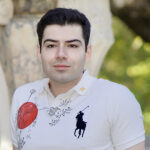 Ashton Zadeh is a San Francisco Bay Area native born to Iranian parents but has also lived in Hawaii, Canada, and Japan. He noticed that many Iranian, Parsi, and Kurdish Americans knew very little about the Zoroastrian religion and Greater Iran’s history. Ashton has written, illustrated, and published five children’s books, three of which are about ancient Iran and Zoroastrianism in a modern art style.
Ashton Zadeh is a San Francisco Bay Area native born to Iranian parents but has also lived in Hawaii, Canada, and Japan. He noticed that many Iranian, Parsi, and Kurdish Americans knew very little about the Zoroastrian religion and Greater Iran’s history. Ashton has written, illustrated, and published five children’s books, three of which are about ancient Iran and Zoroastrianism in a modern art style.